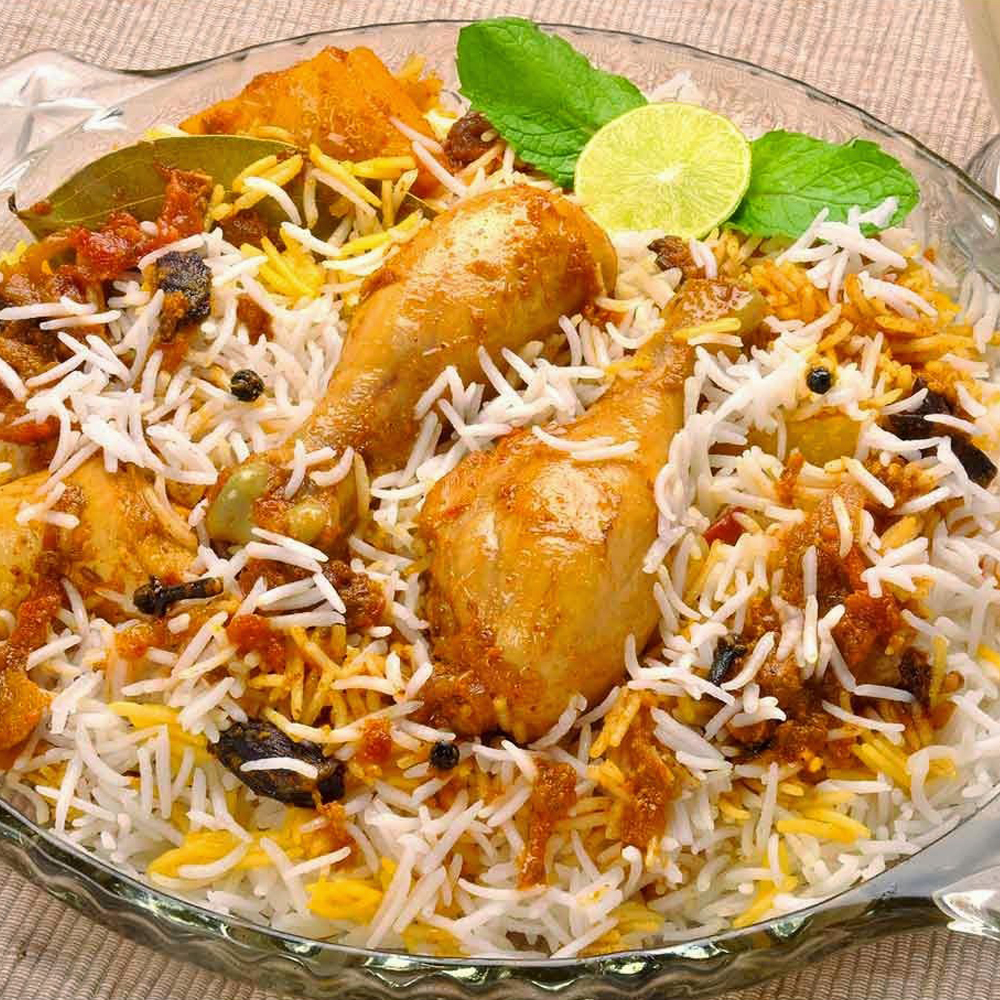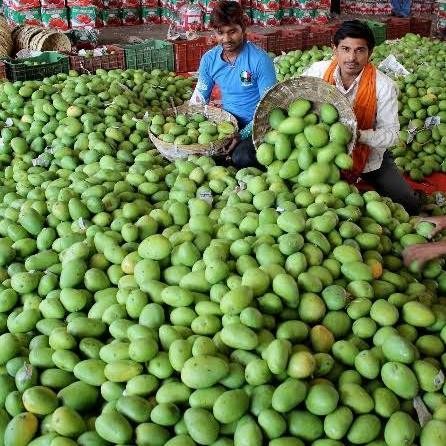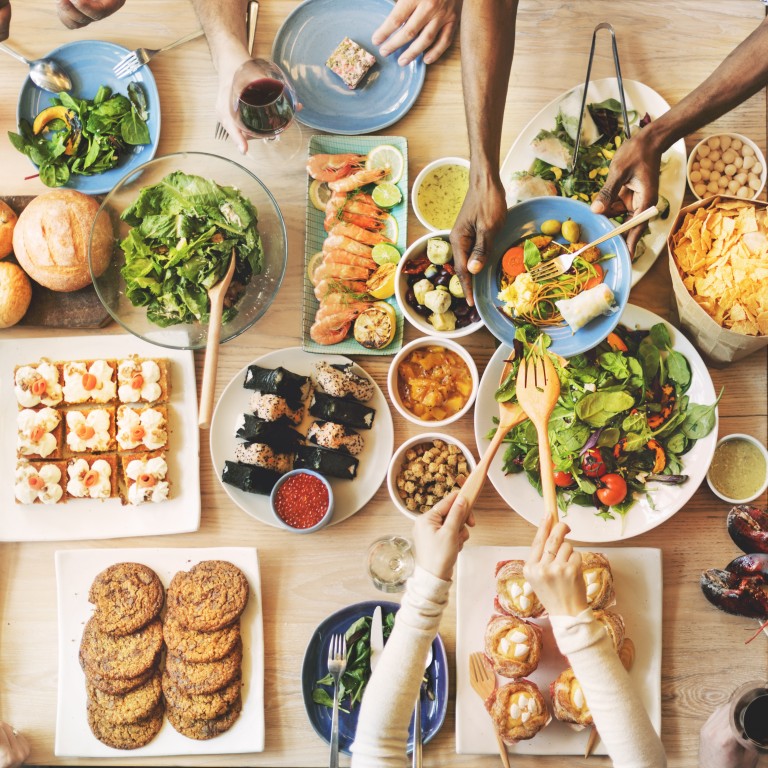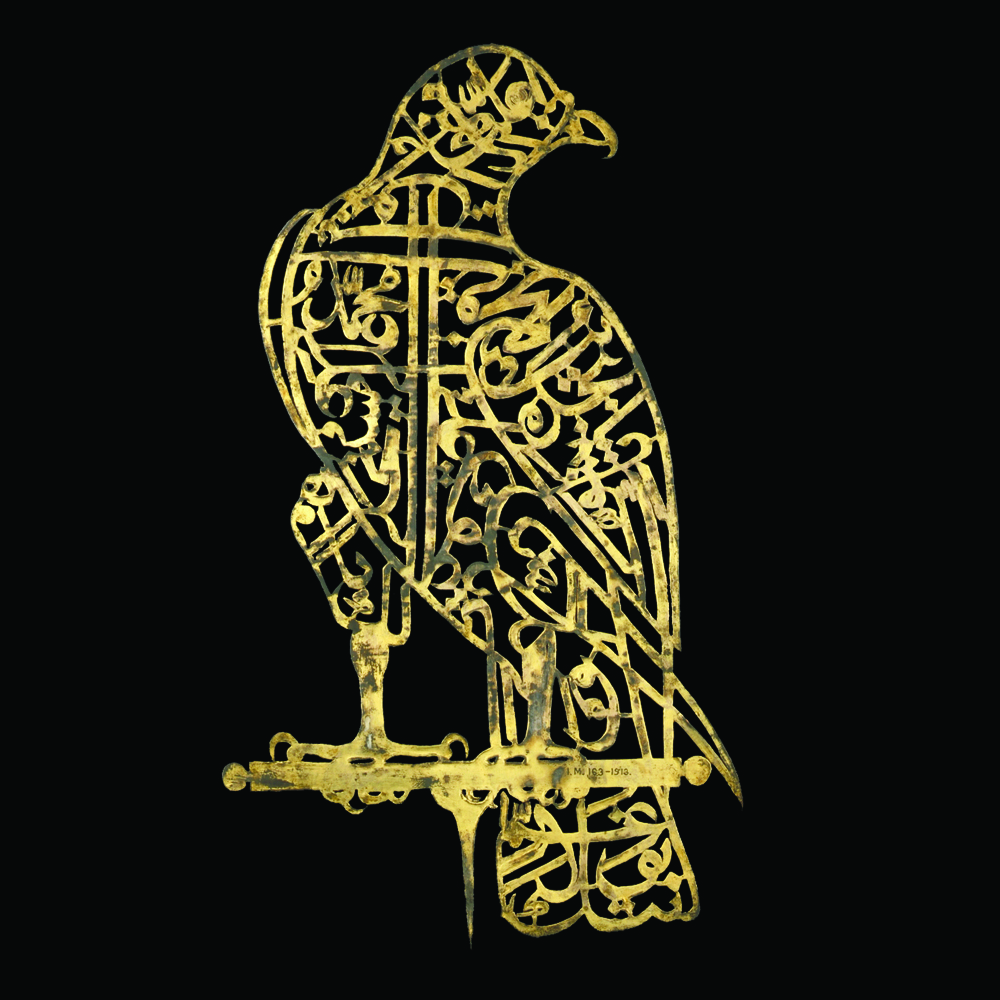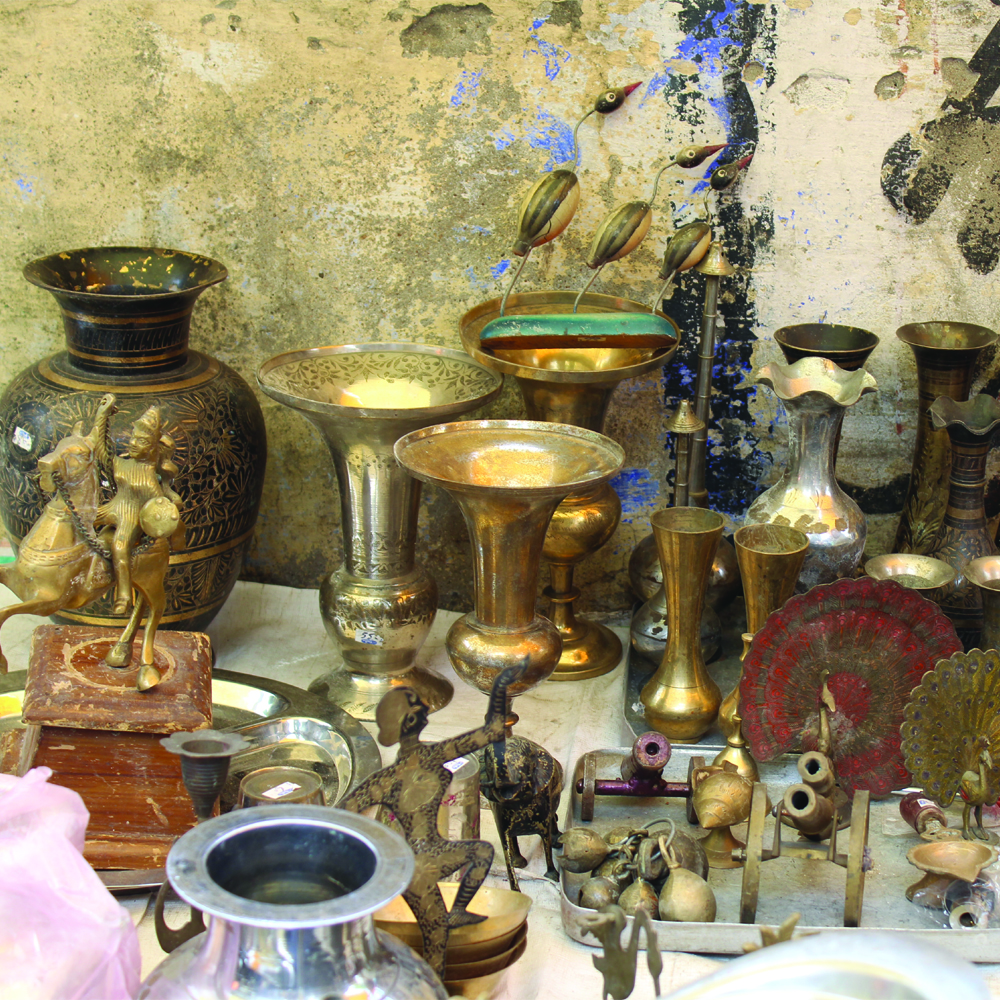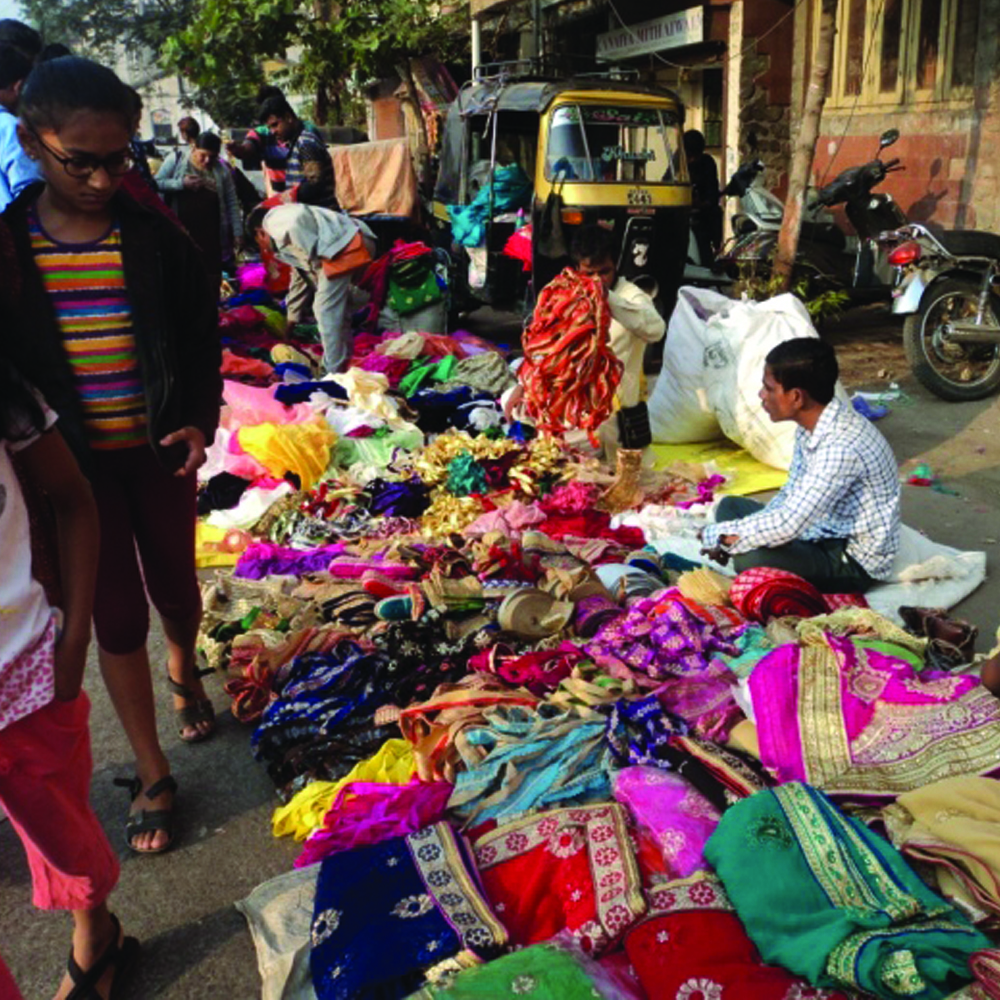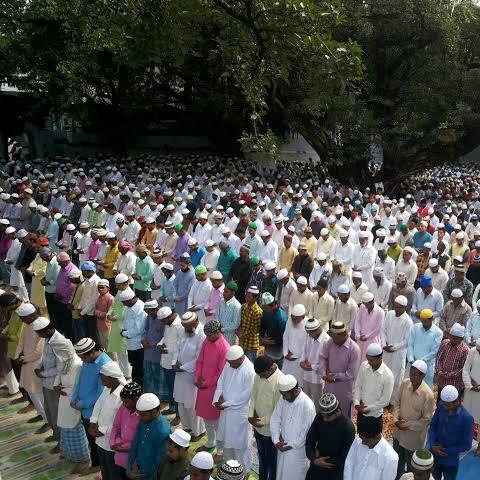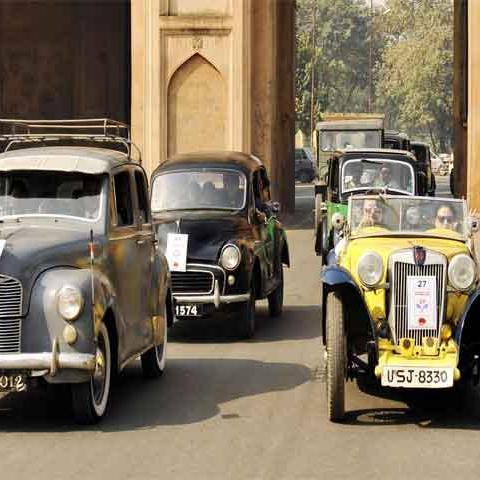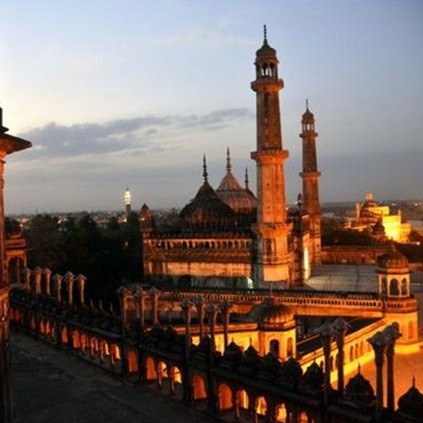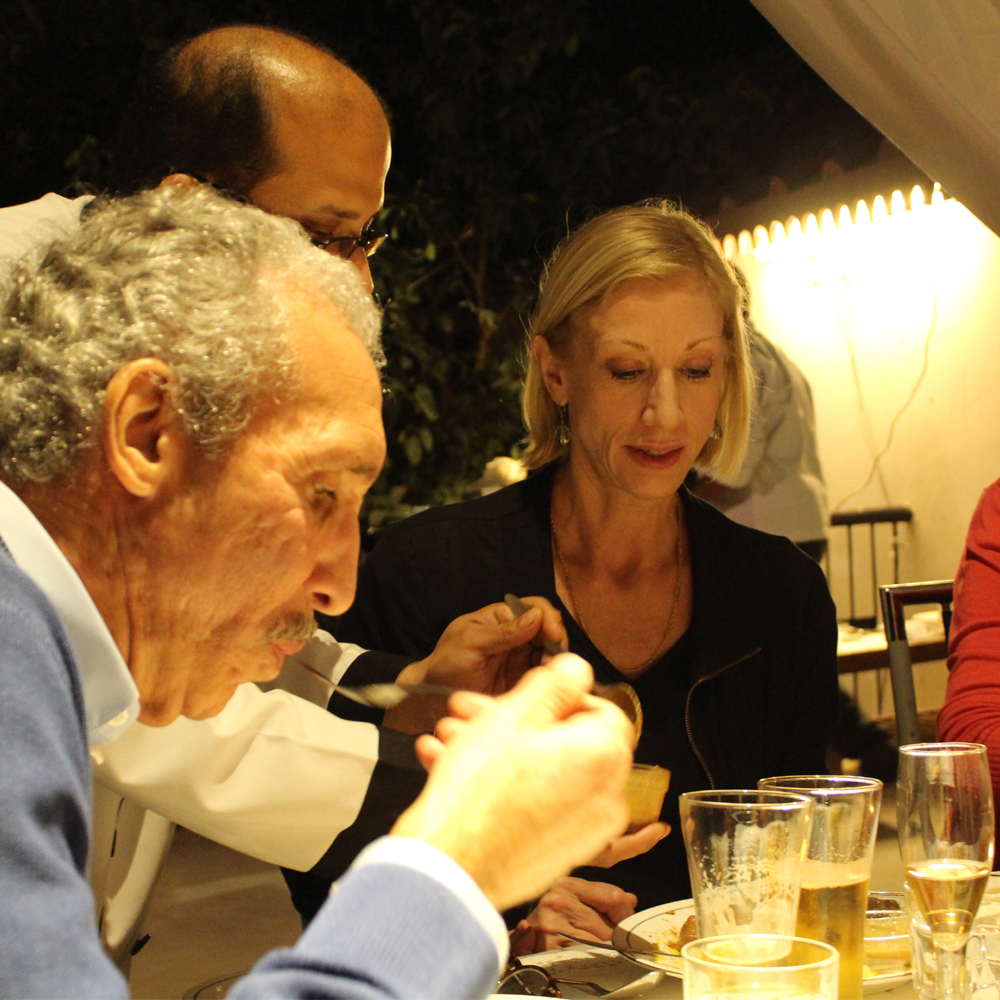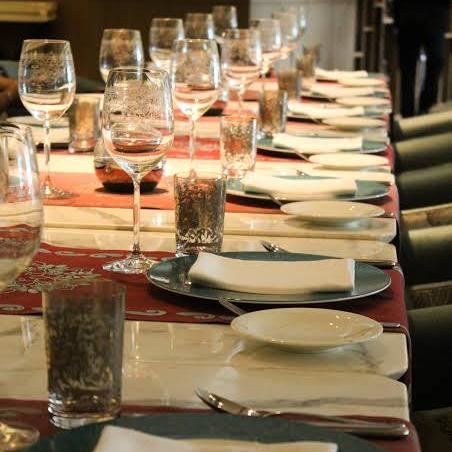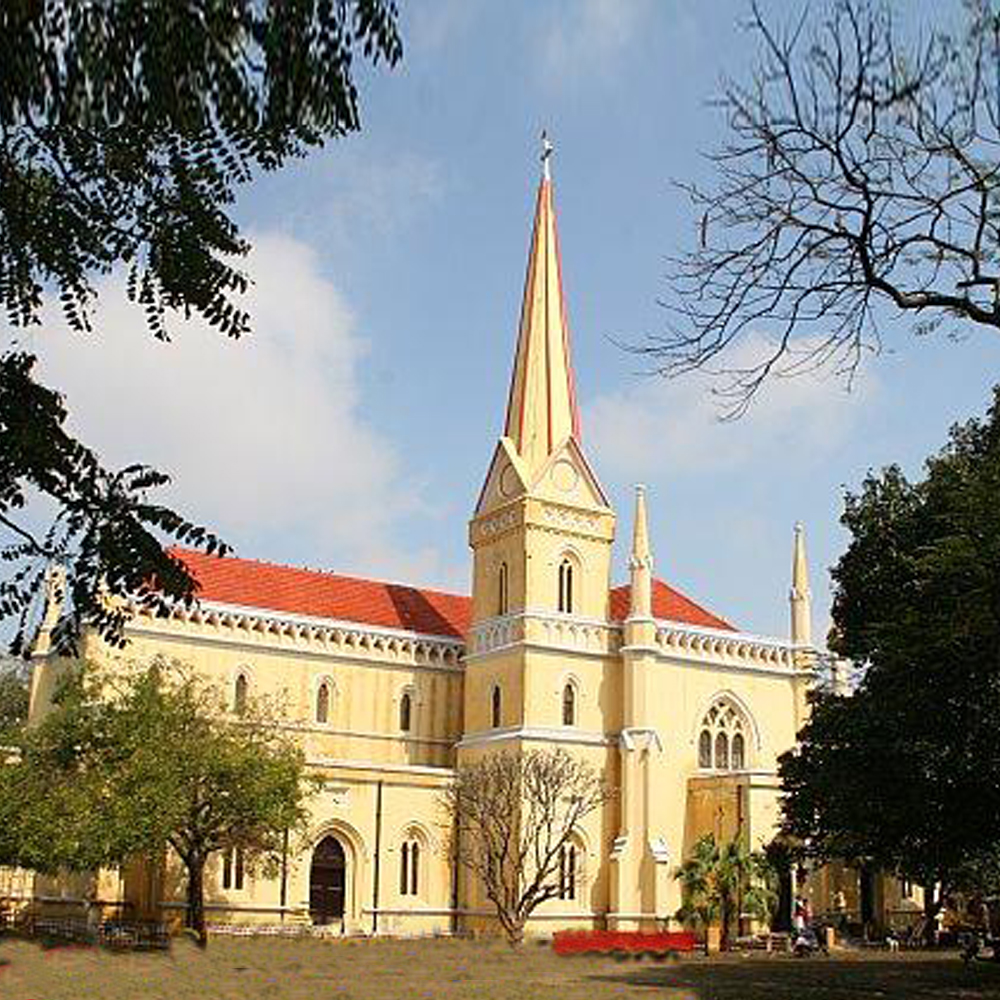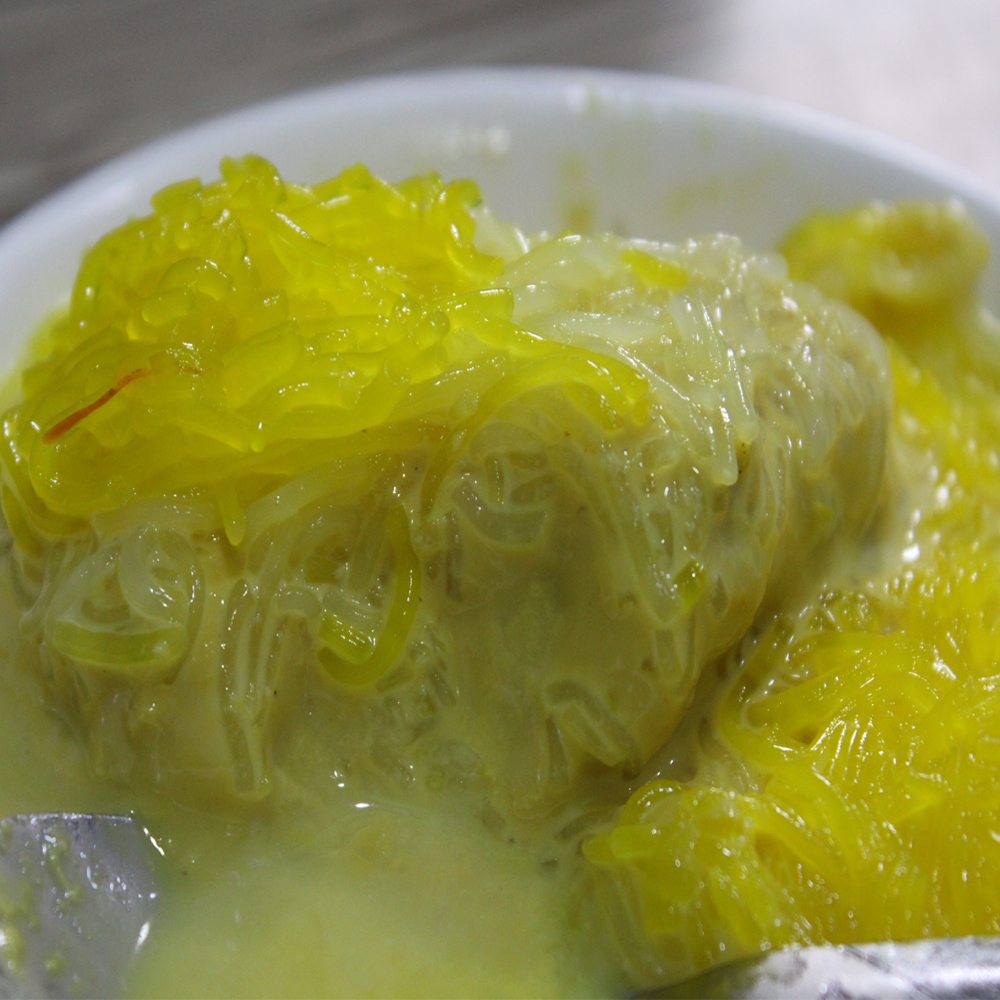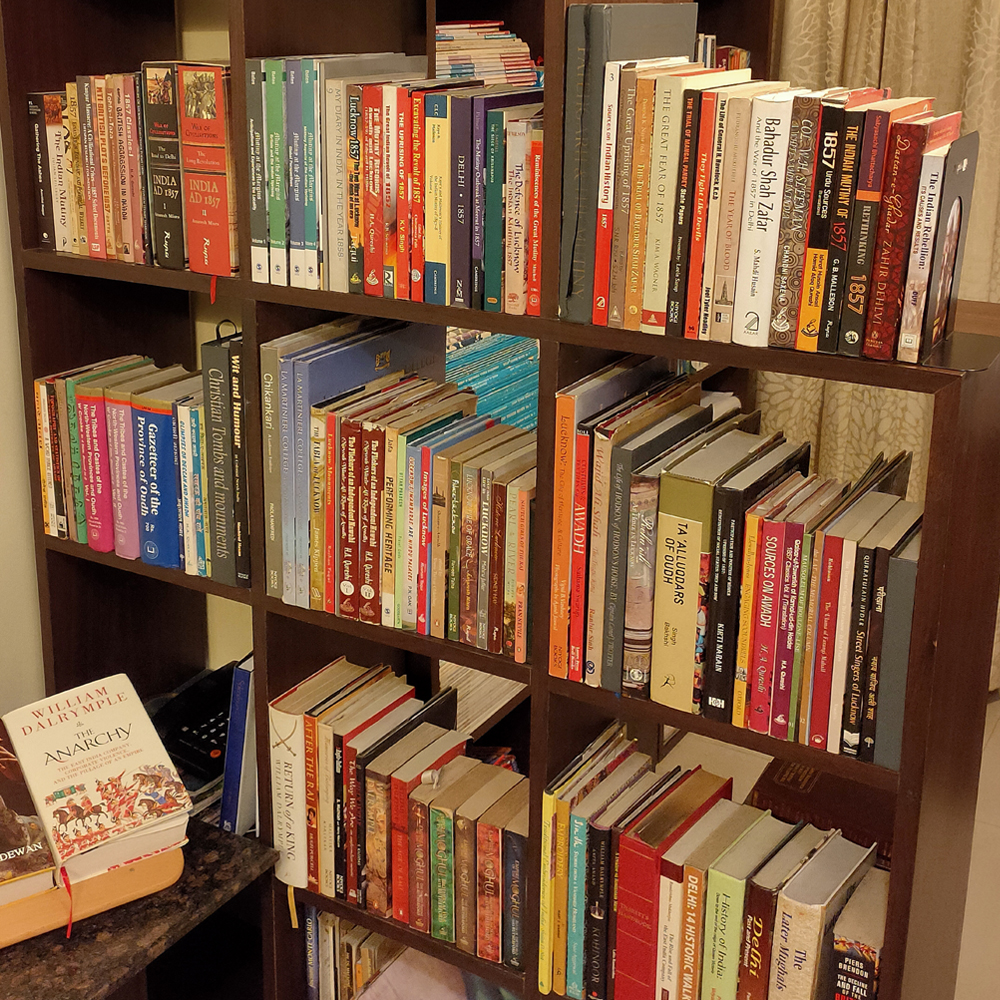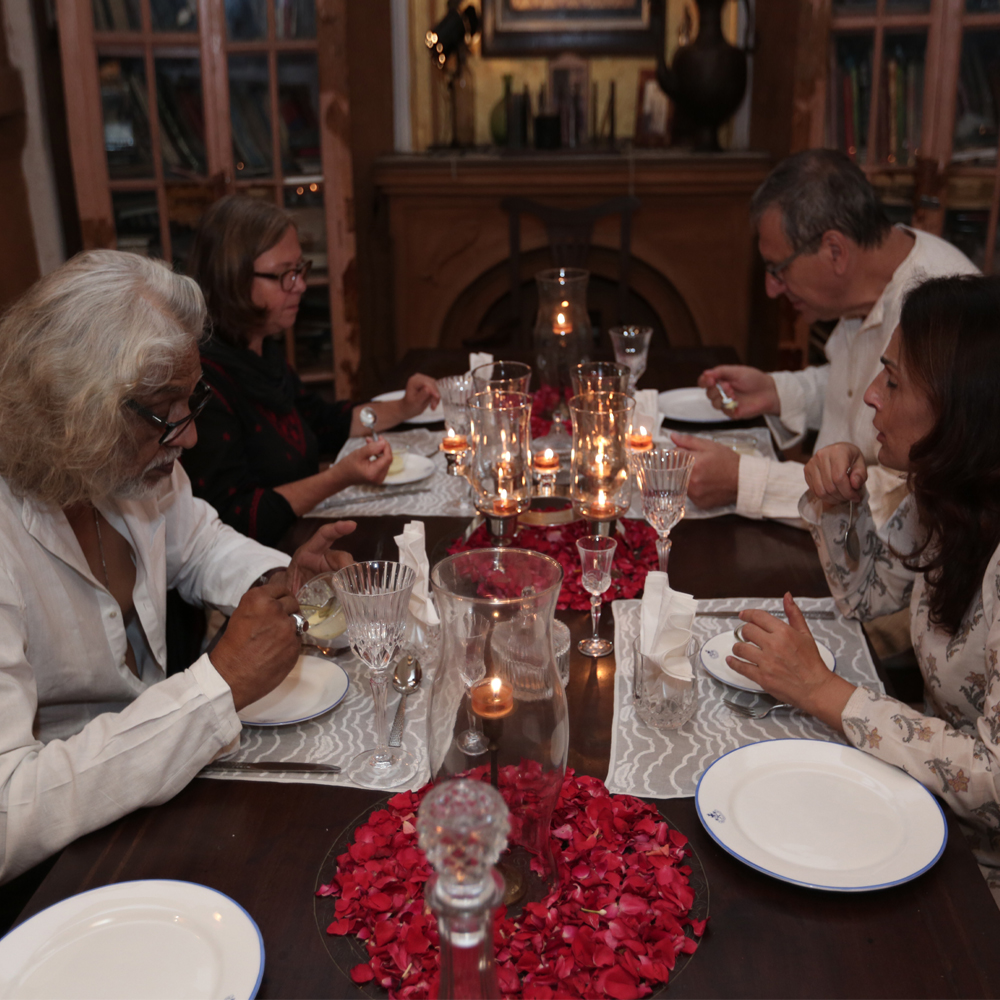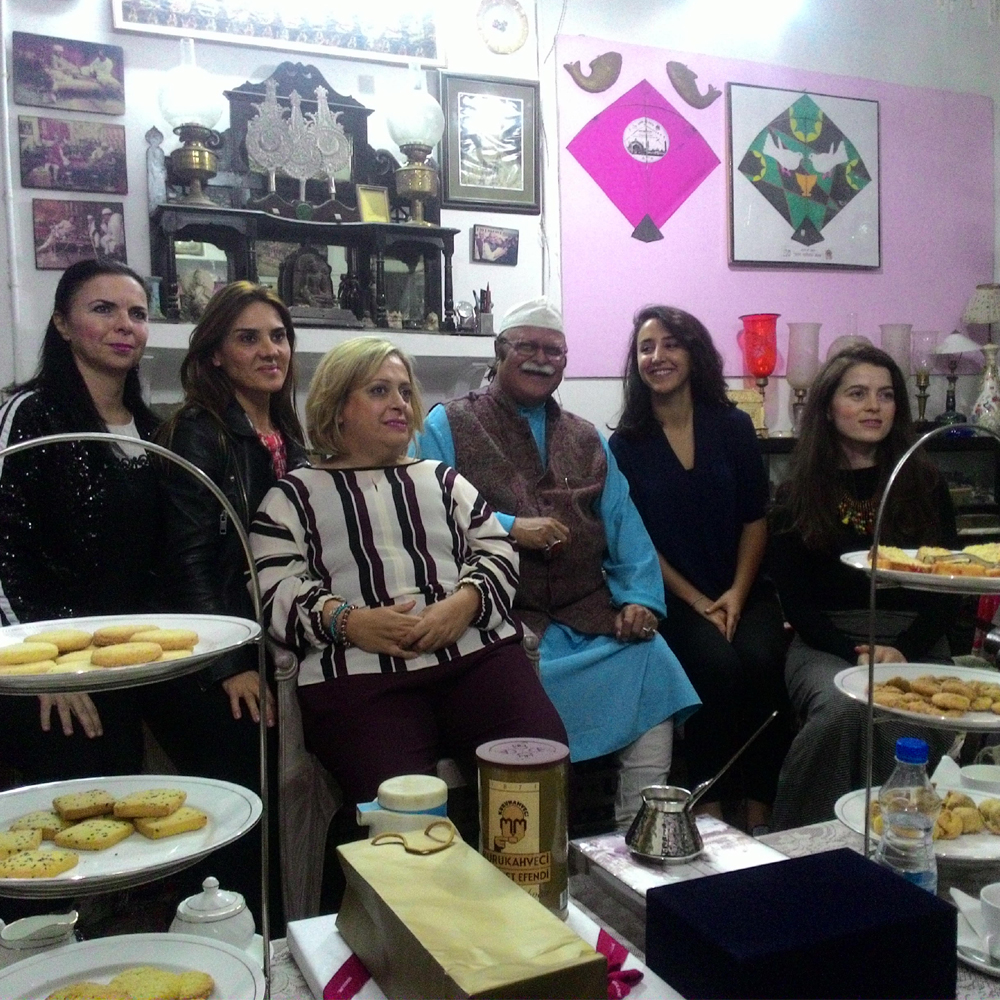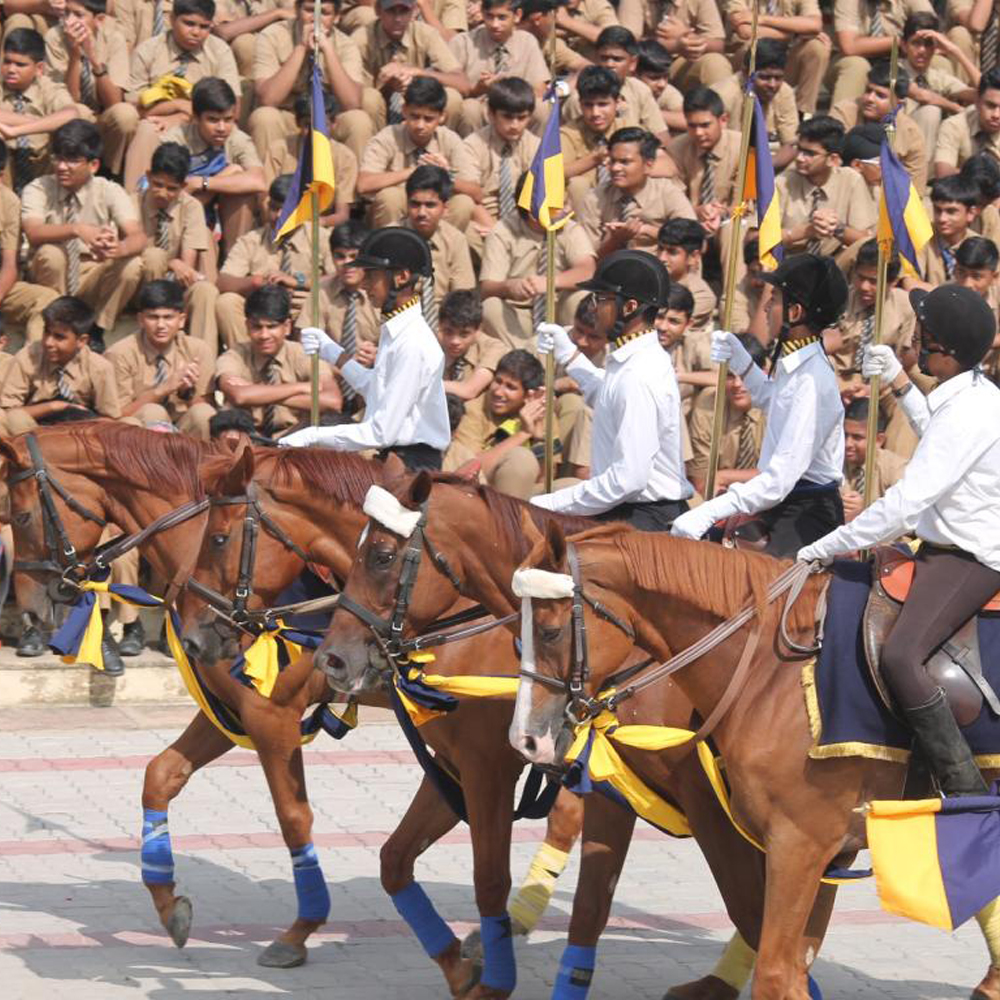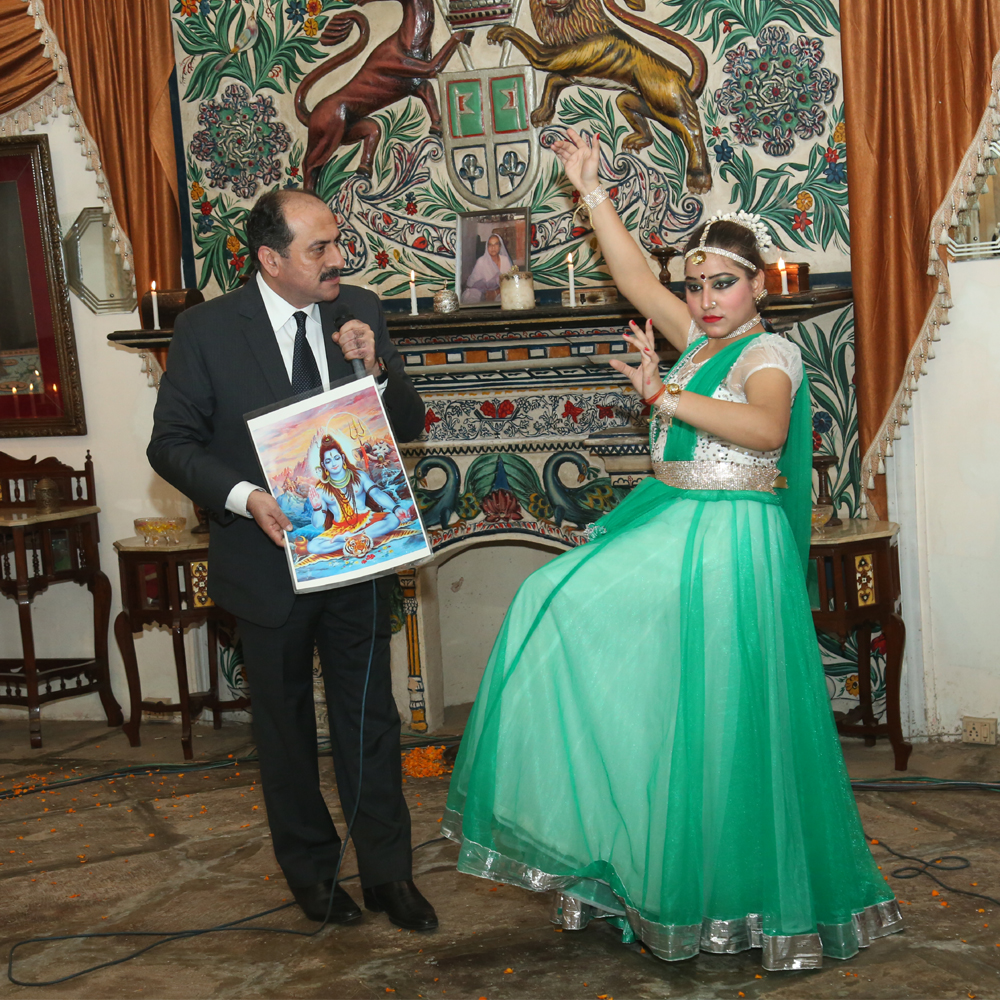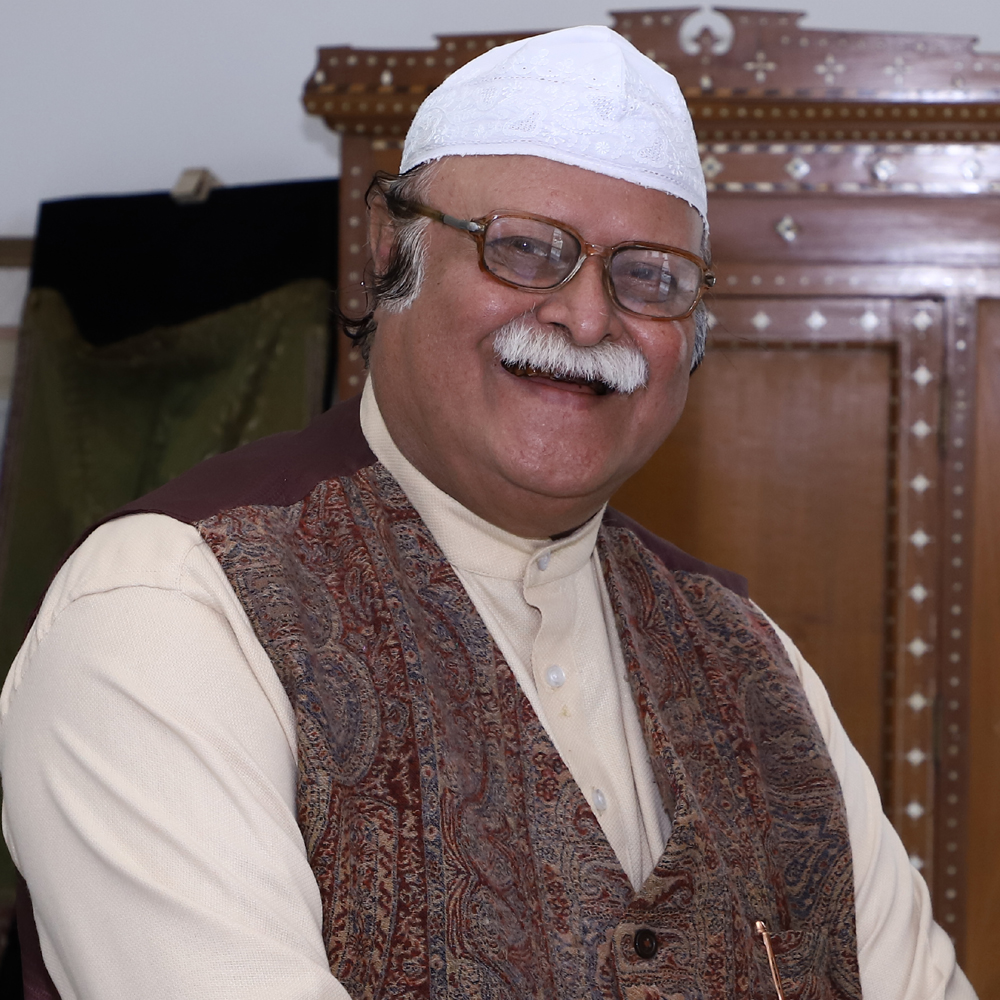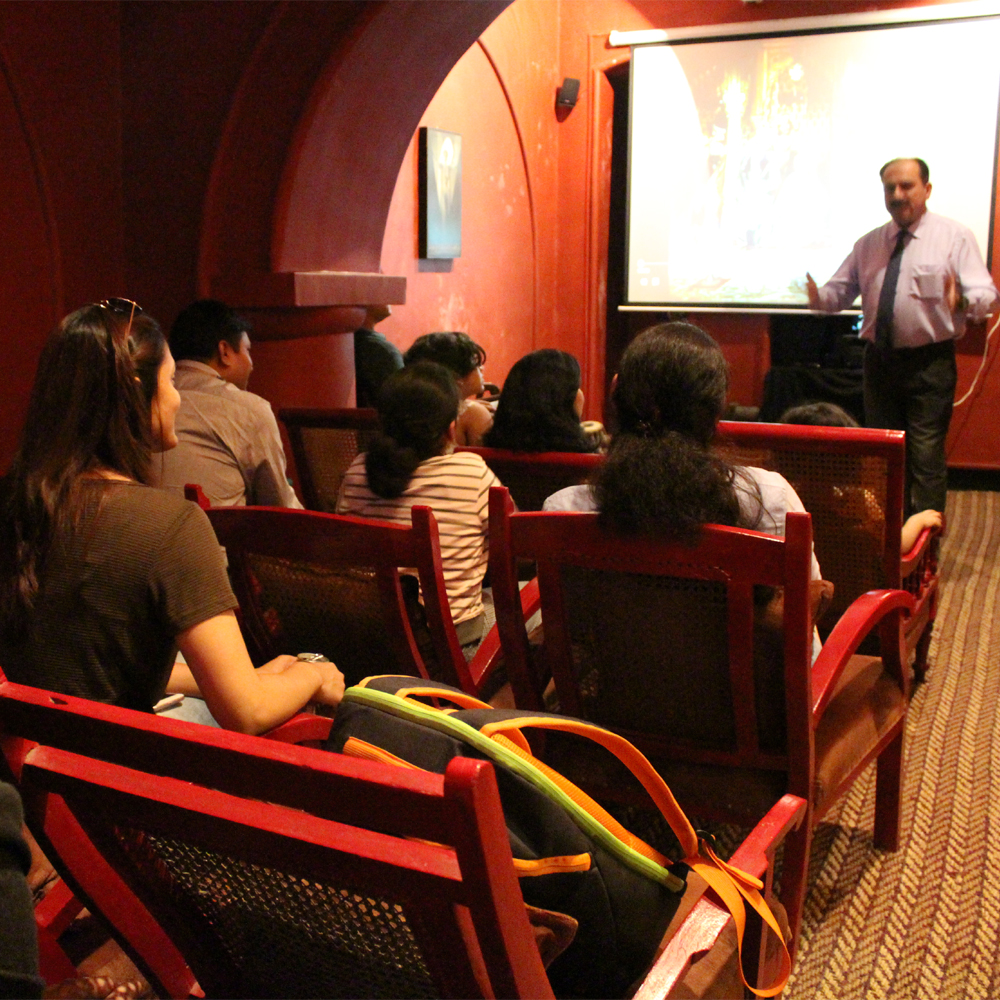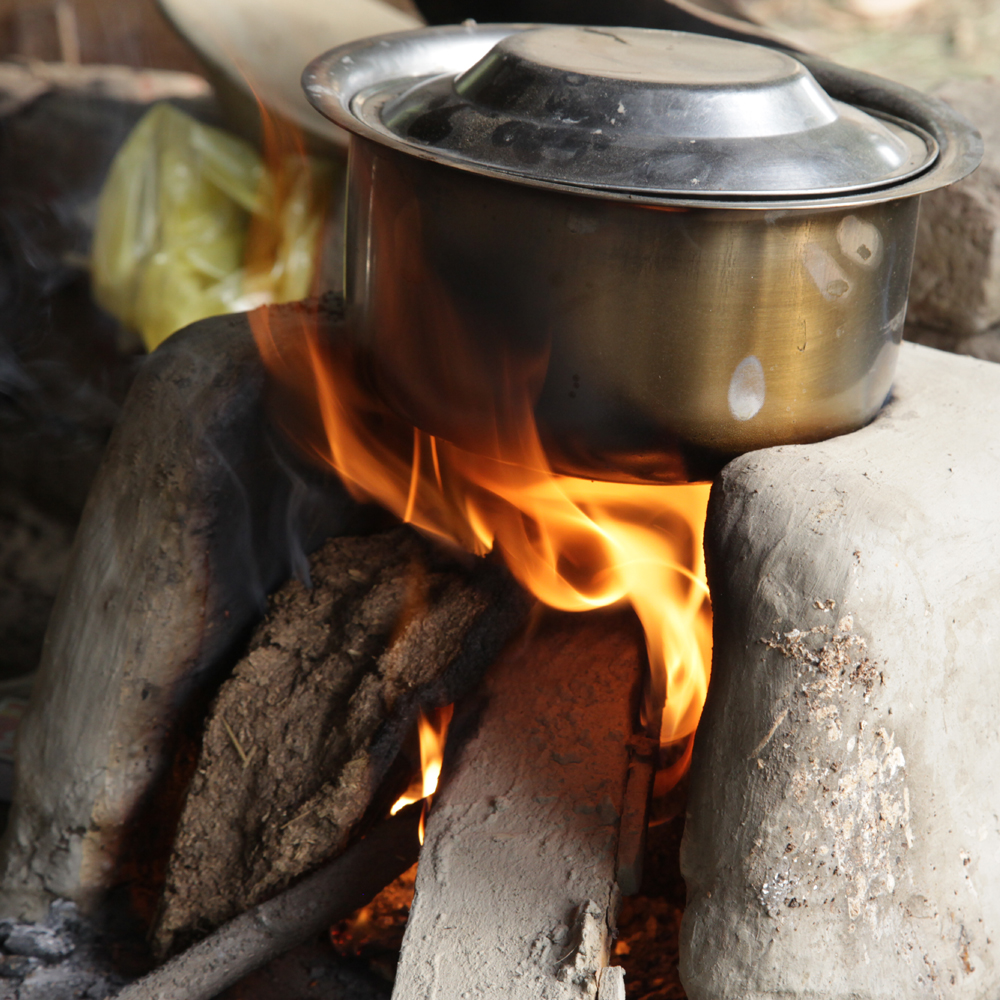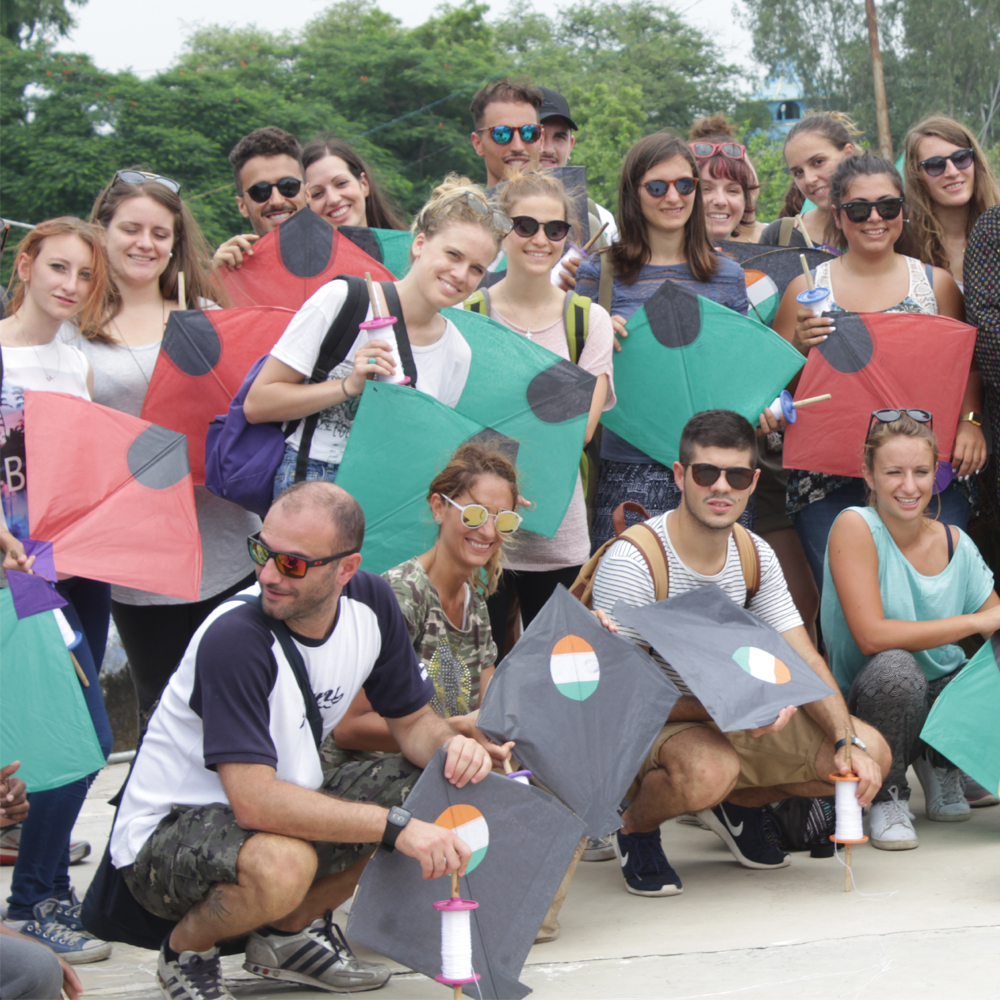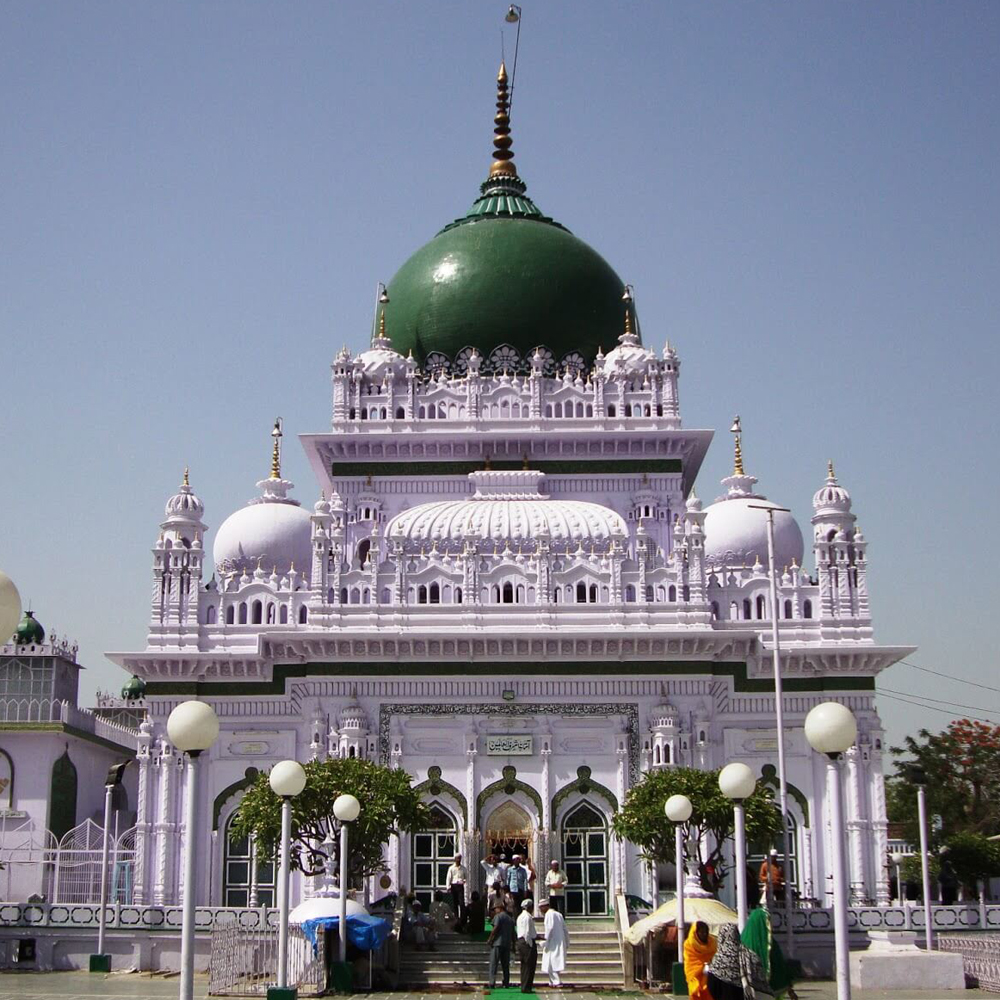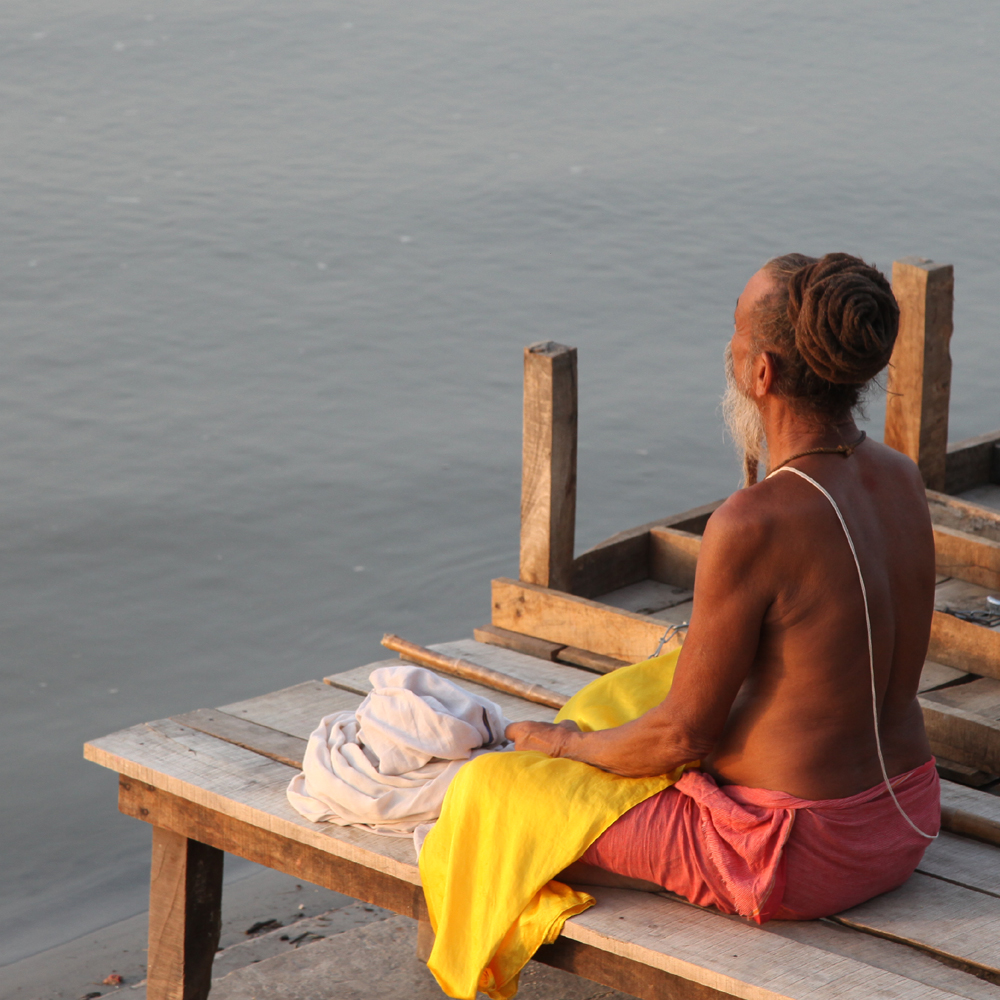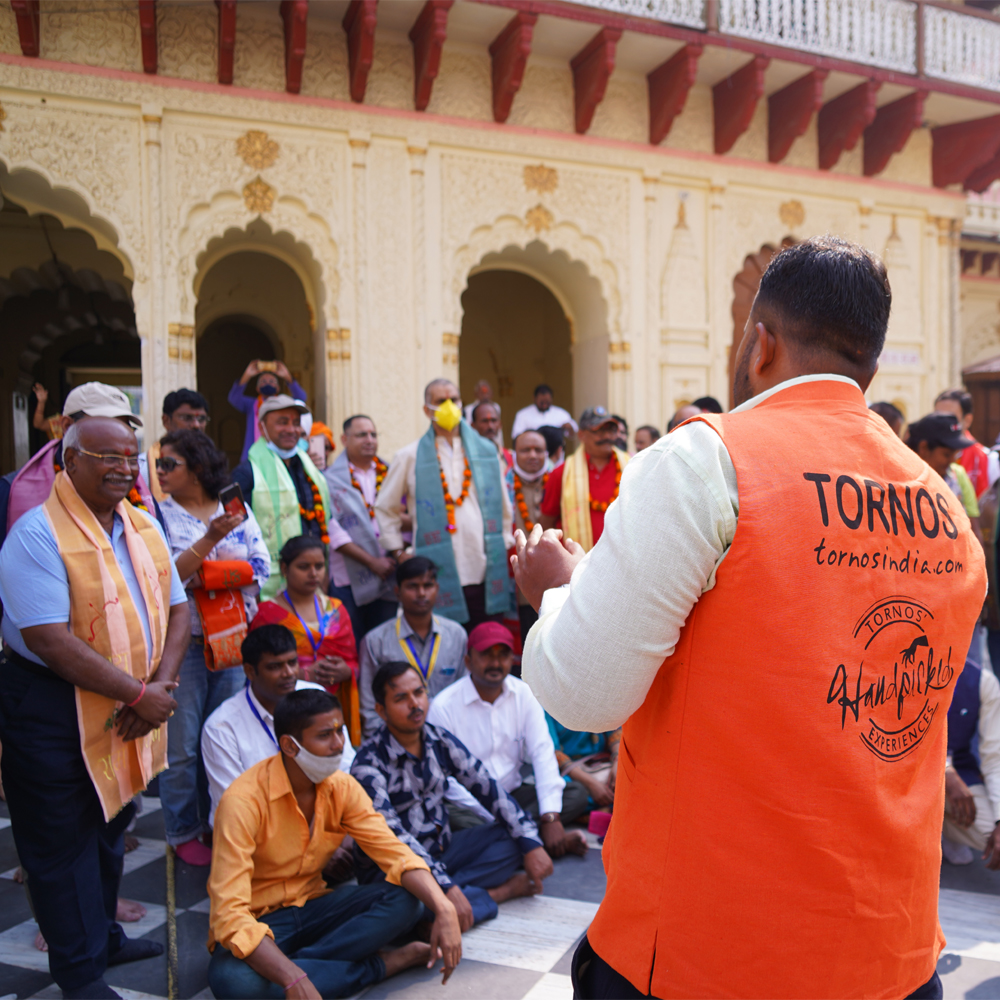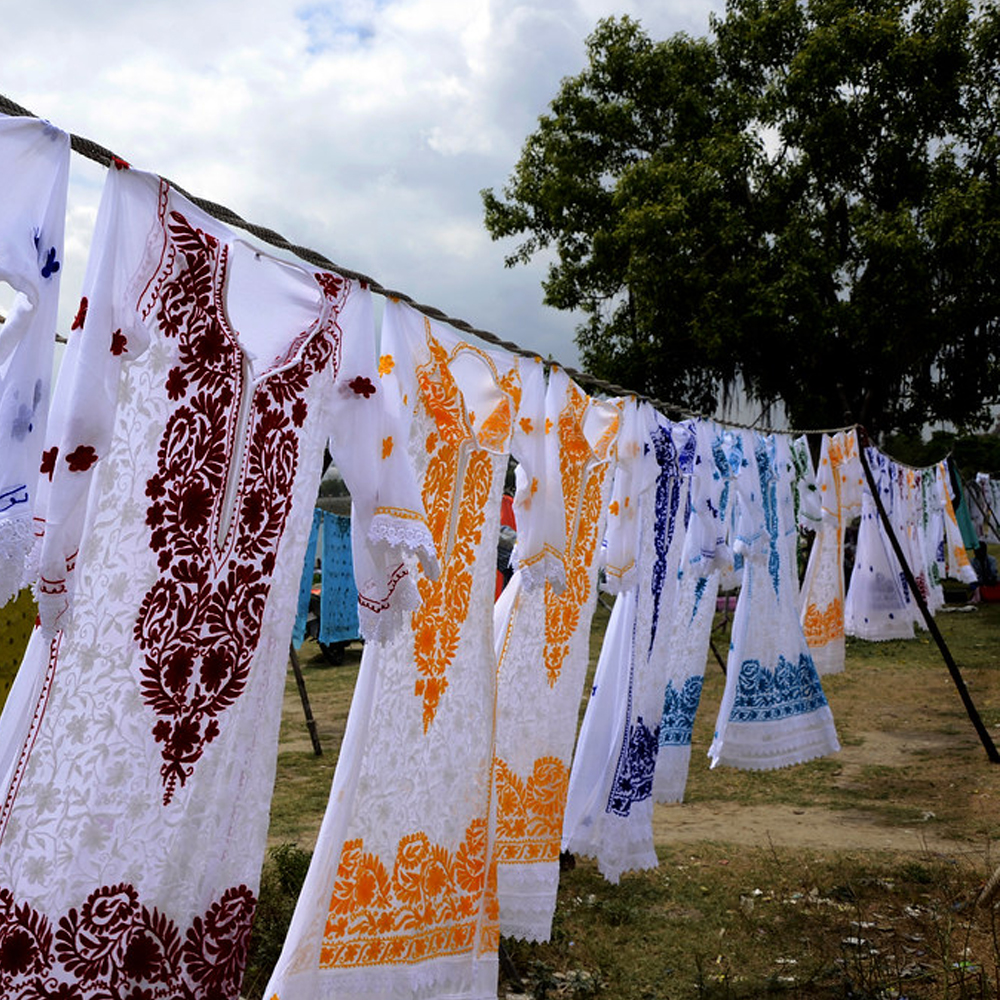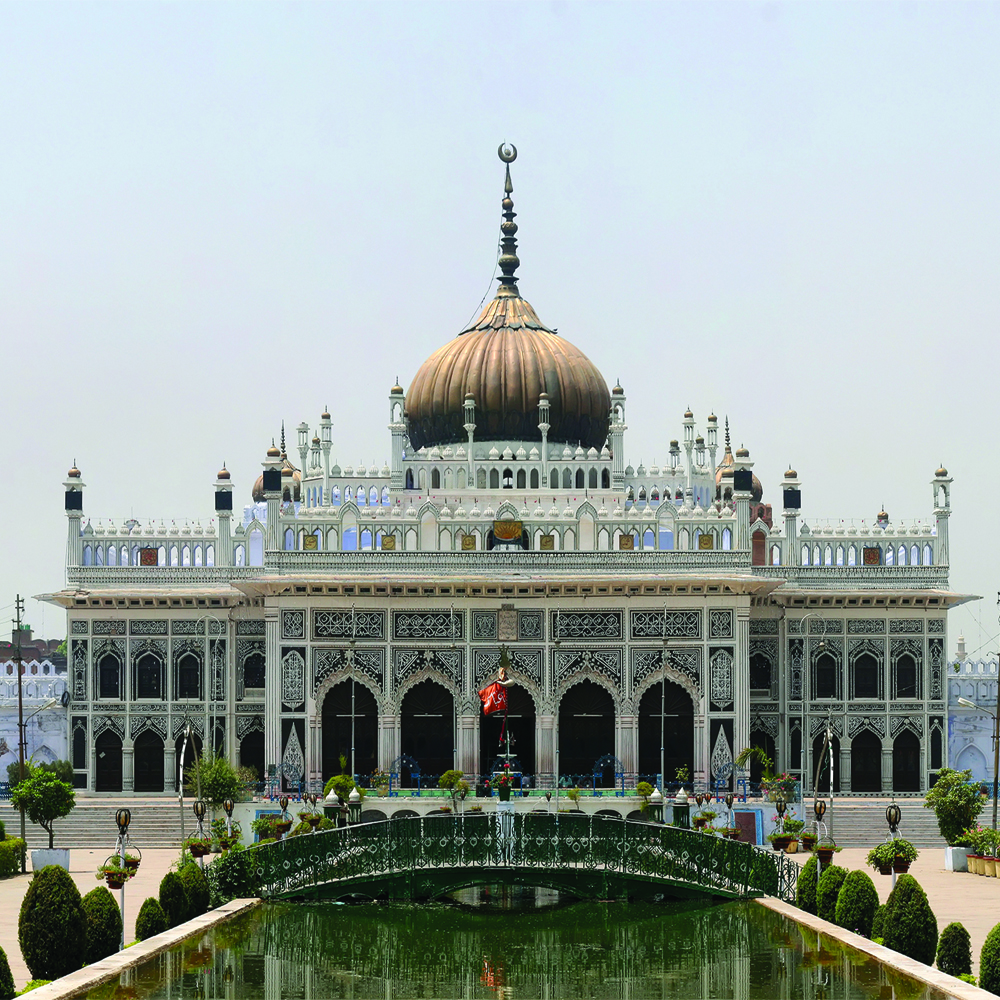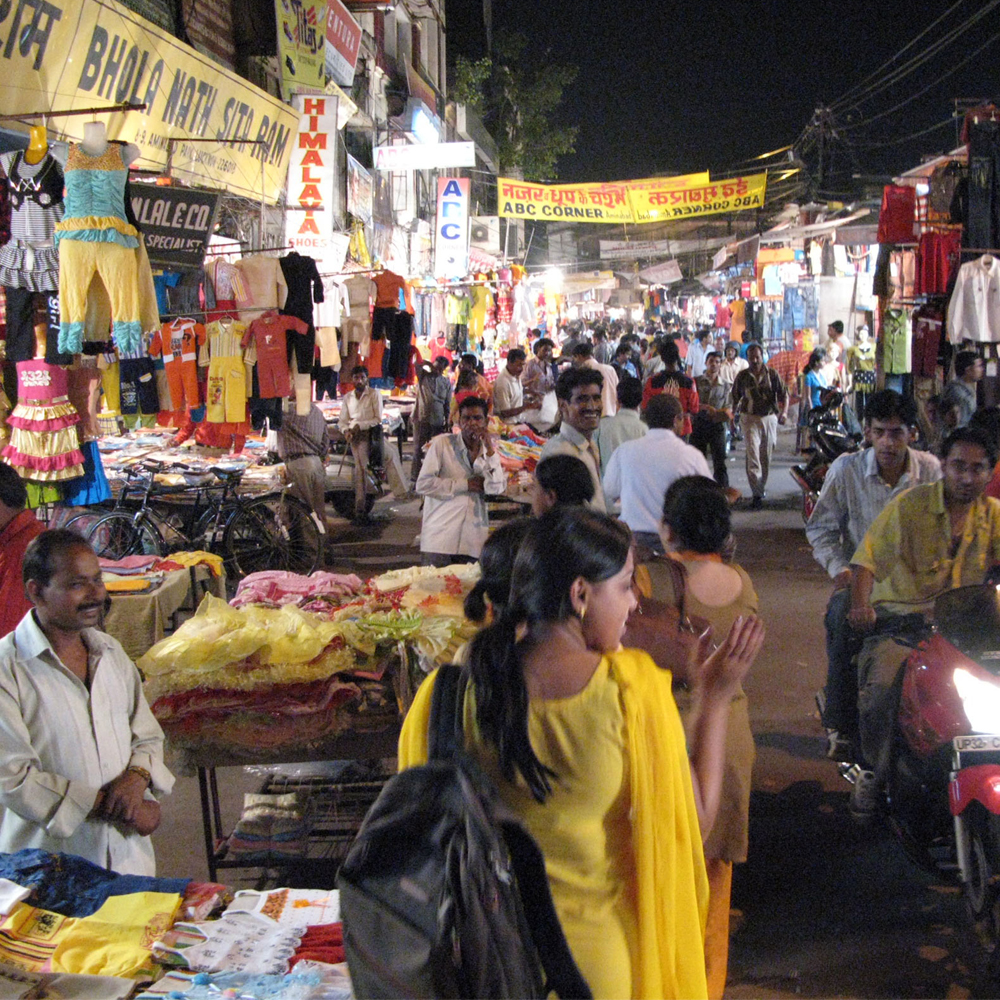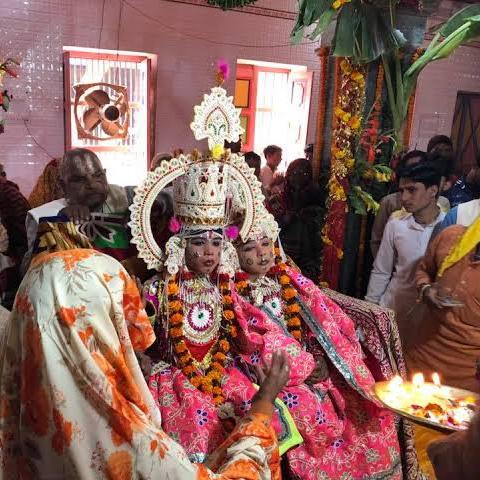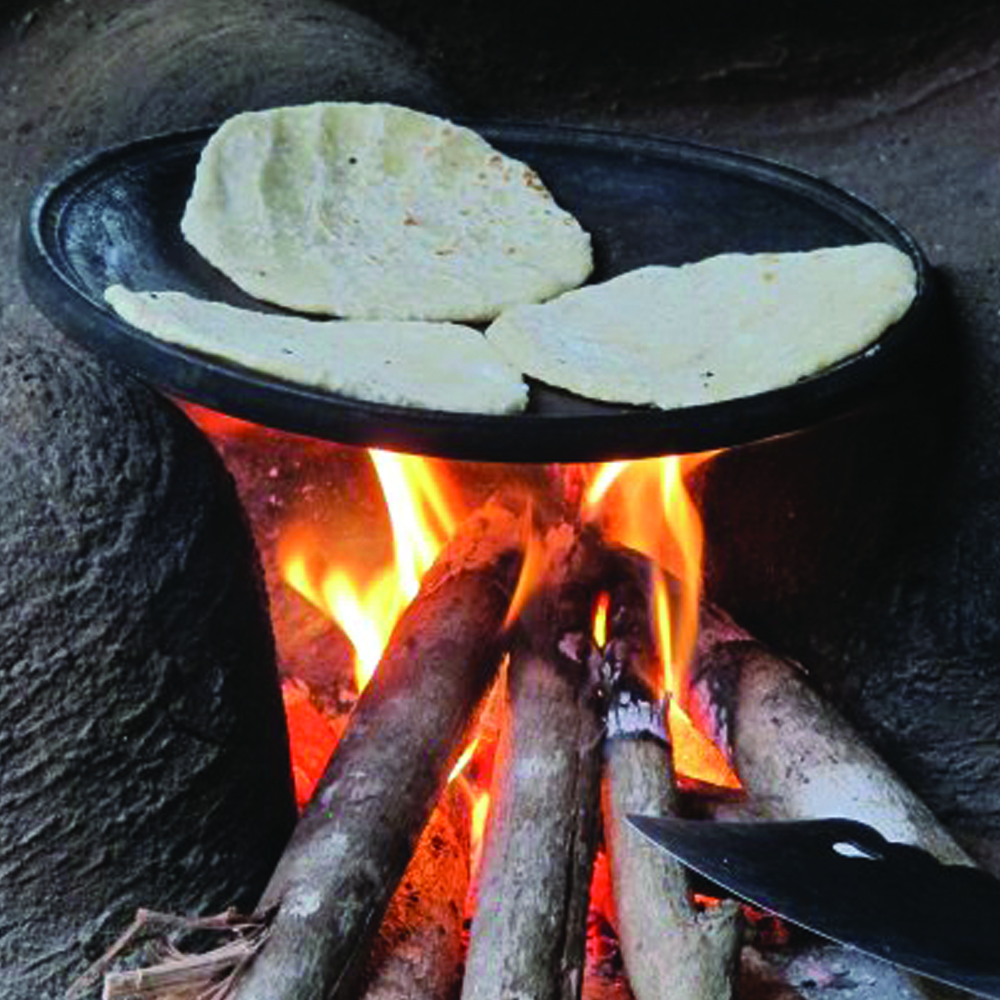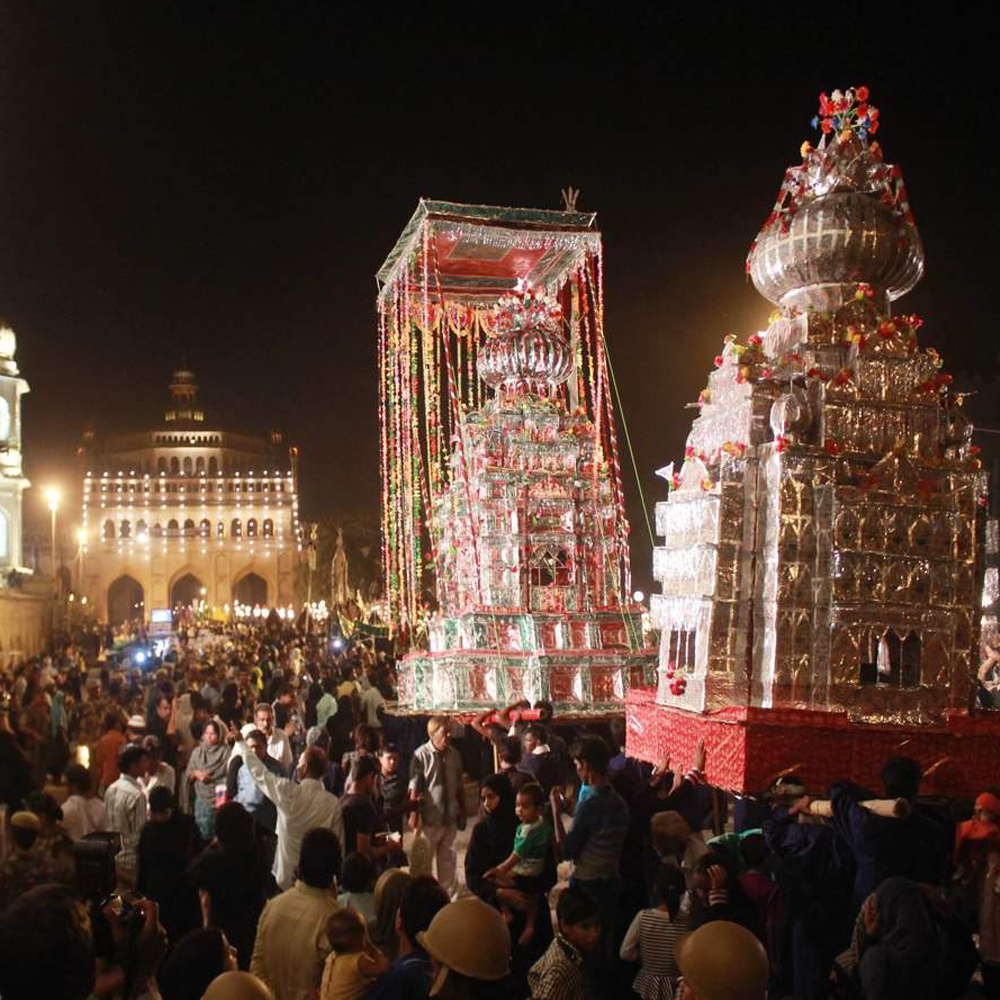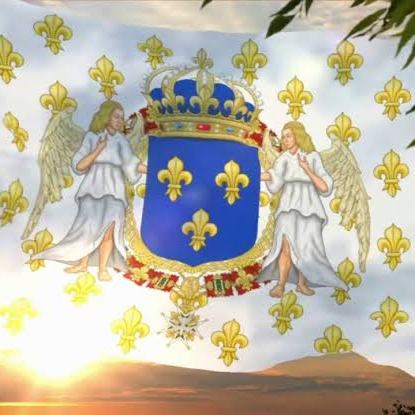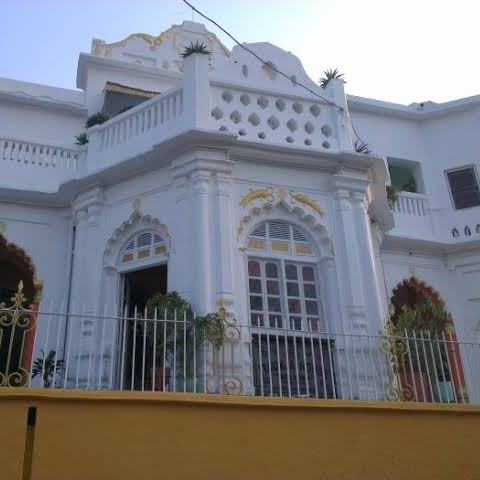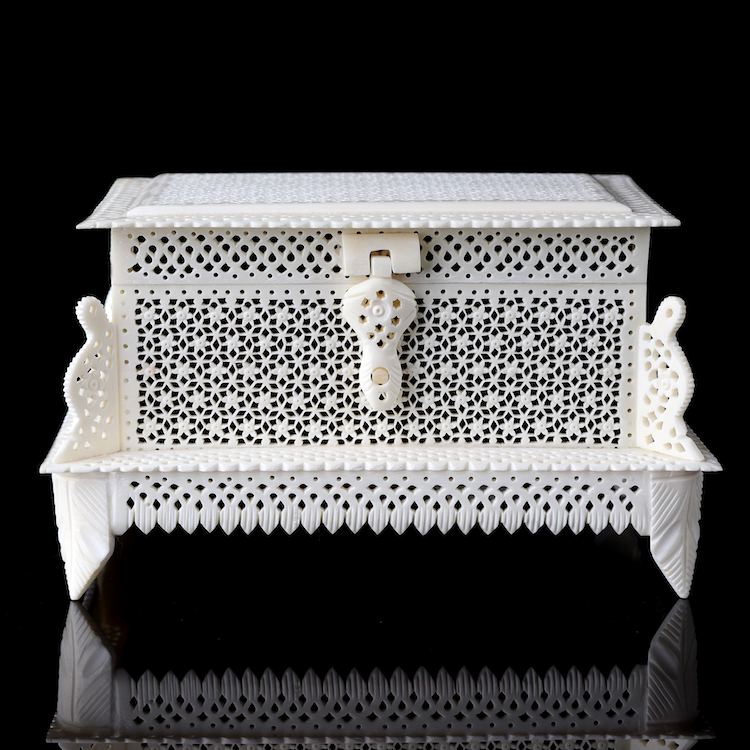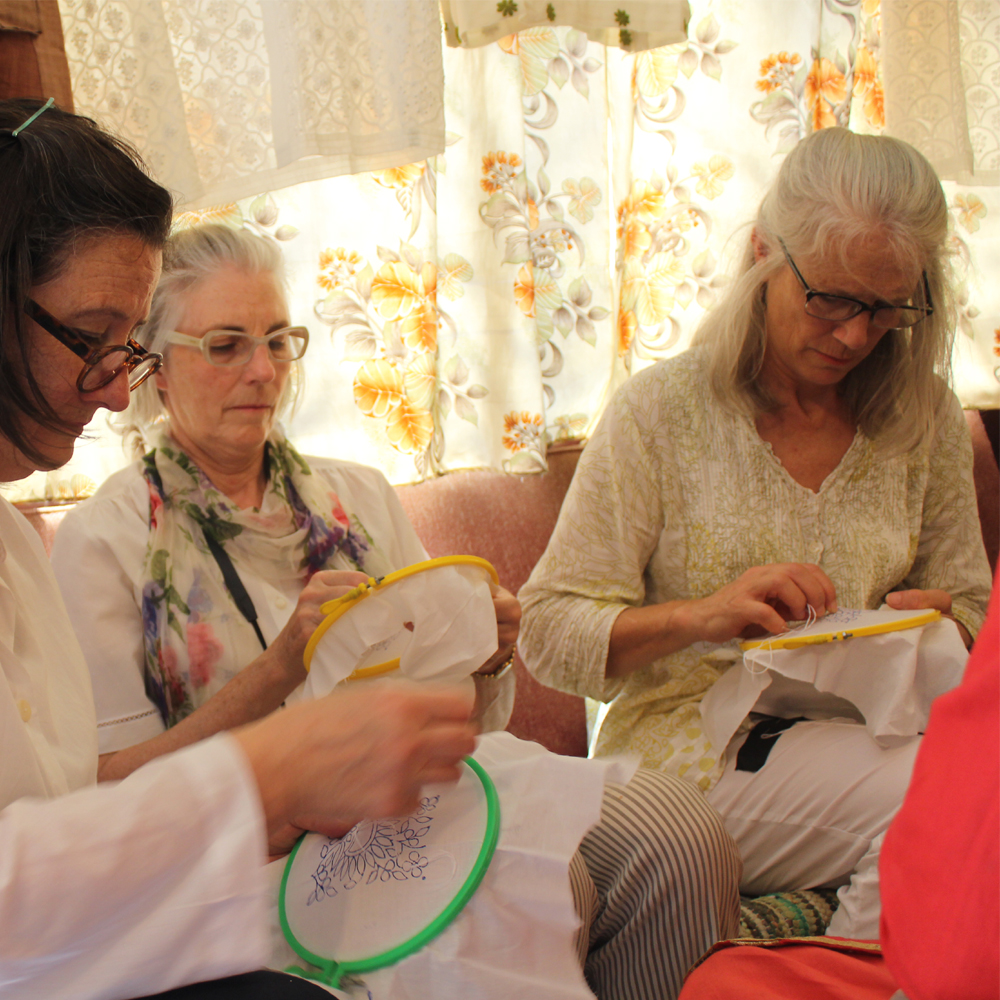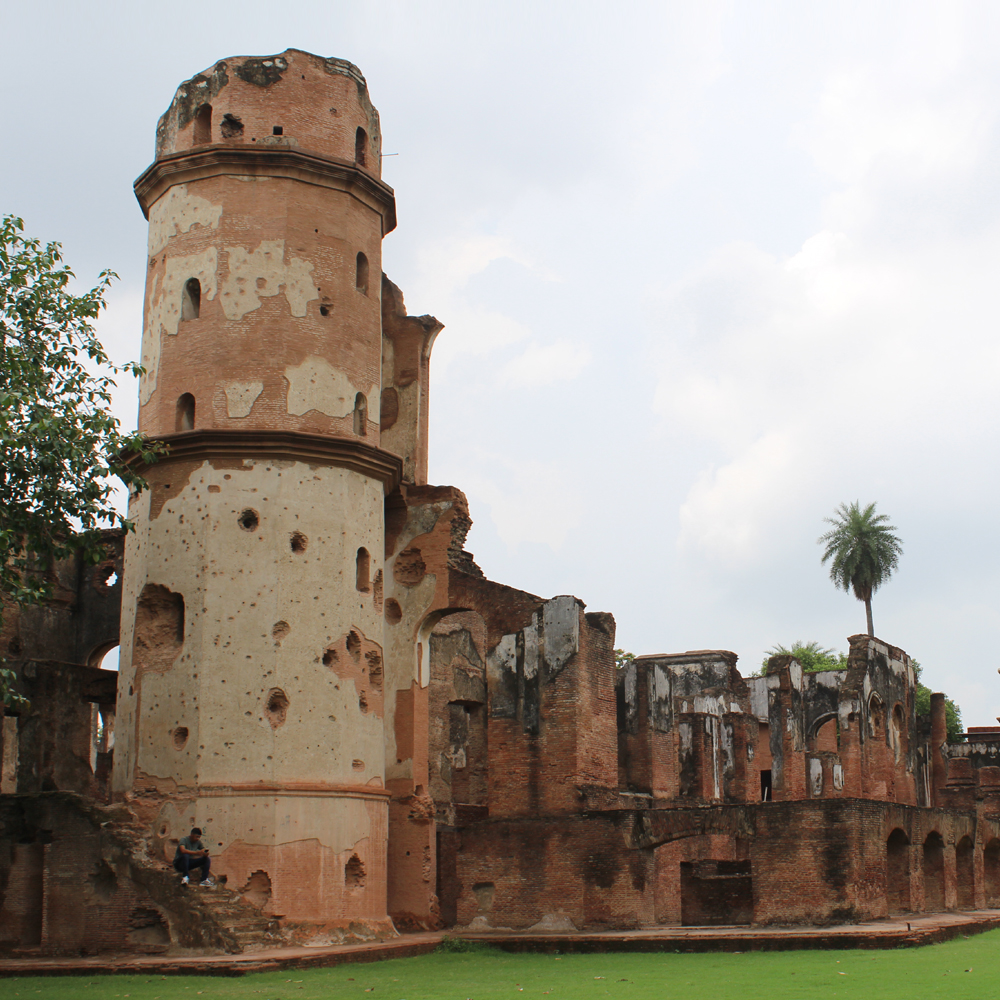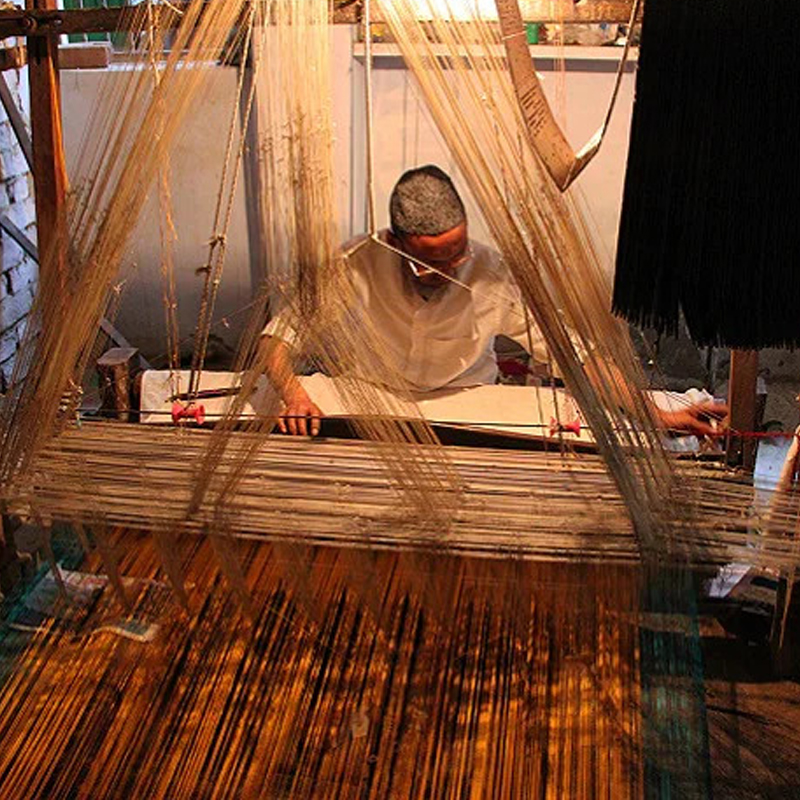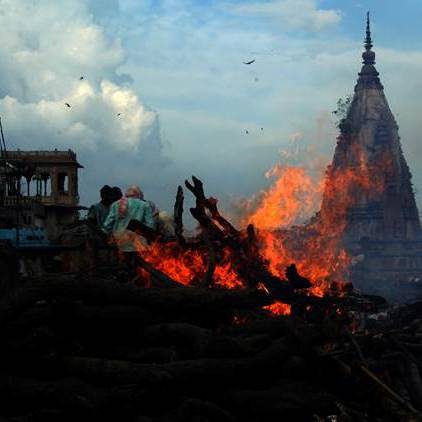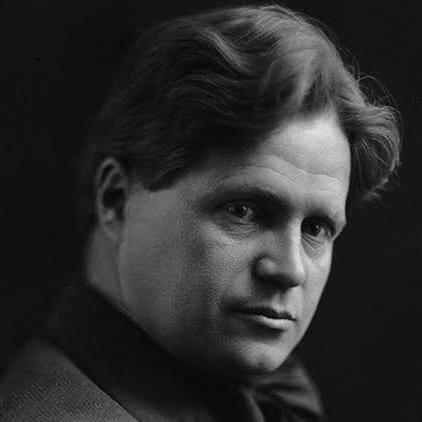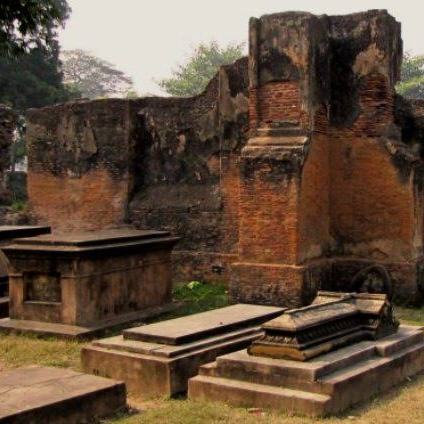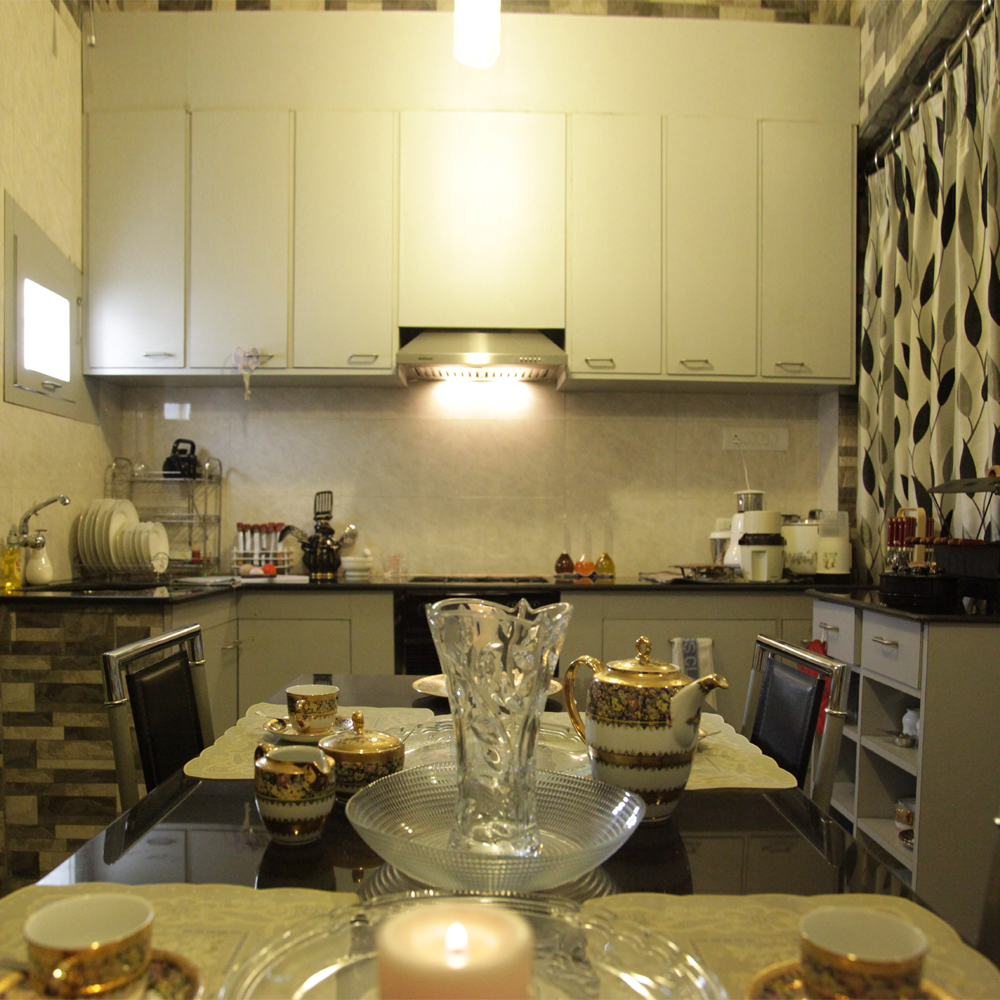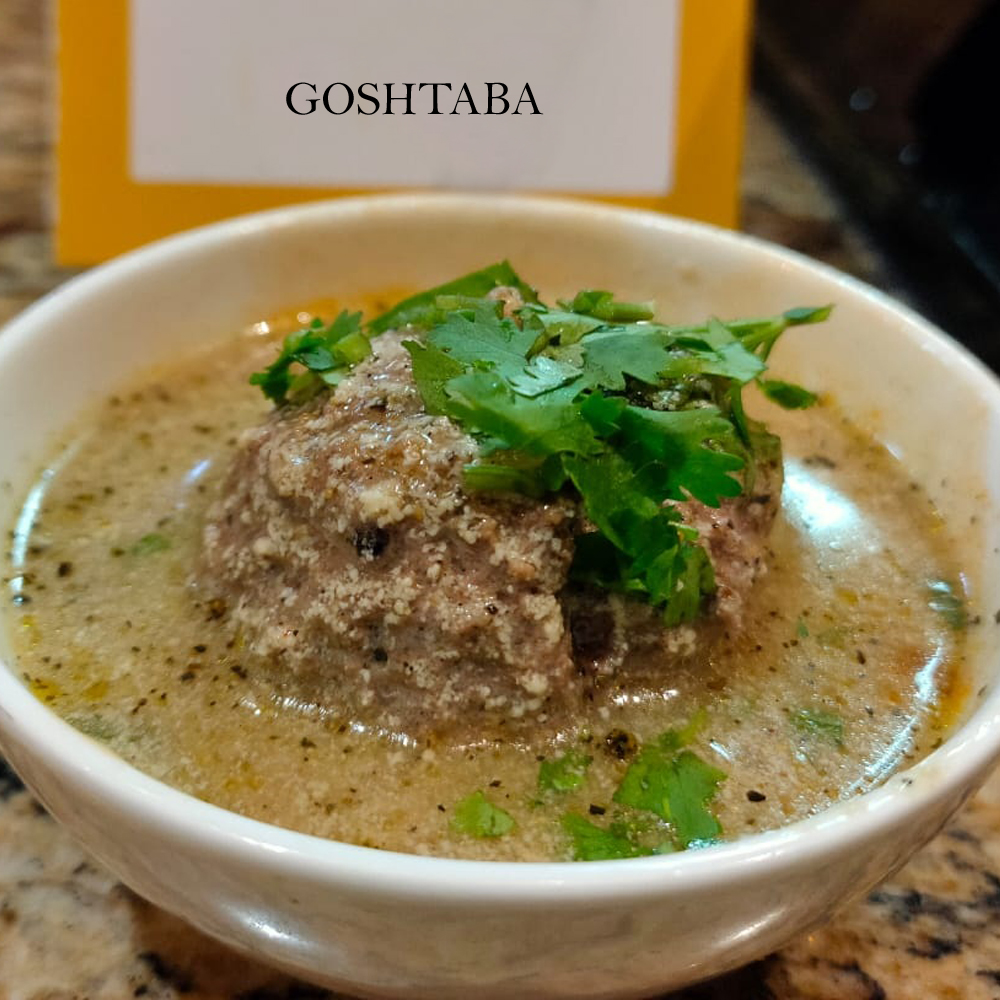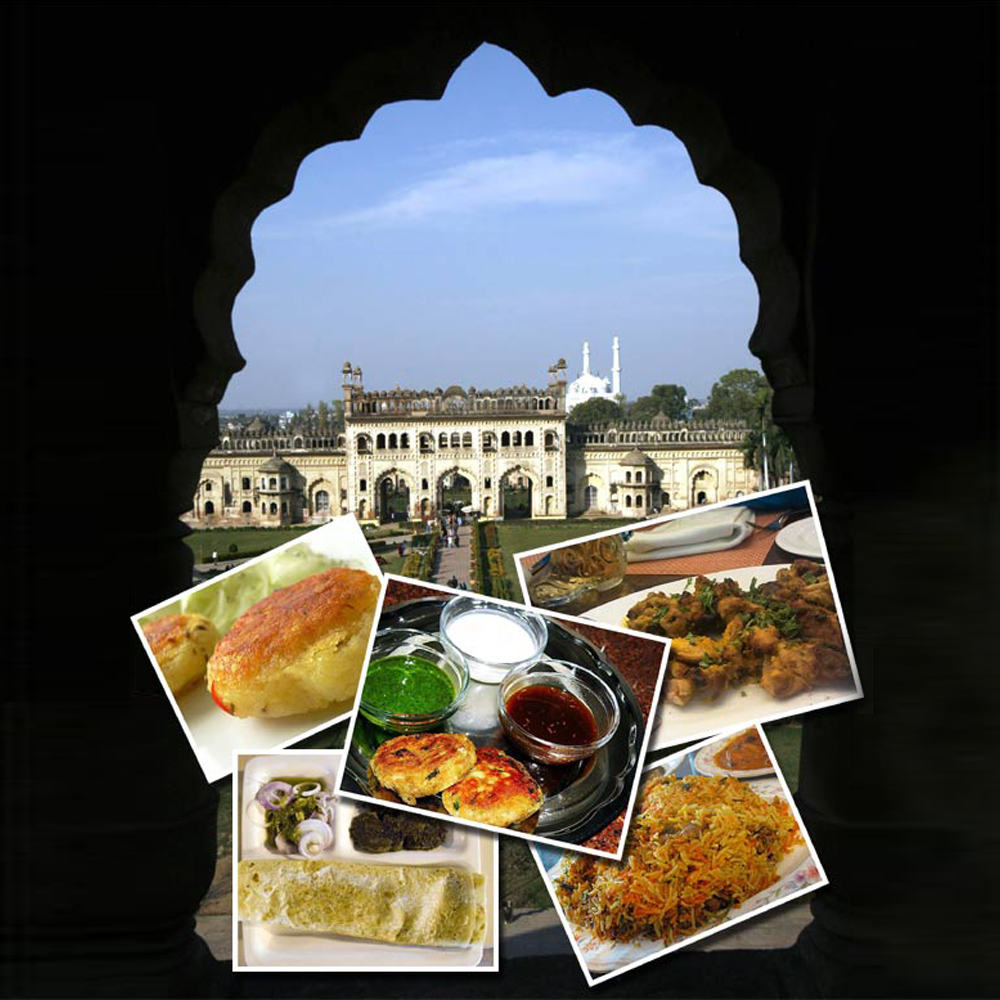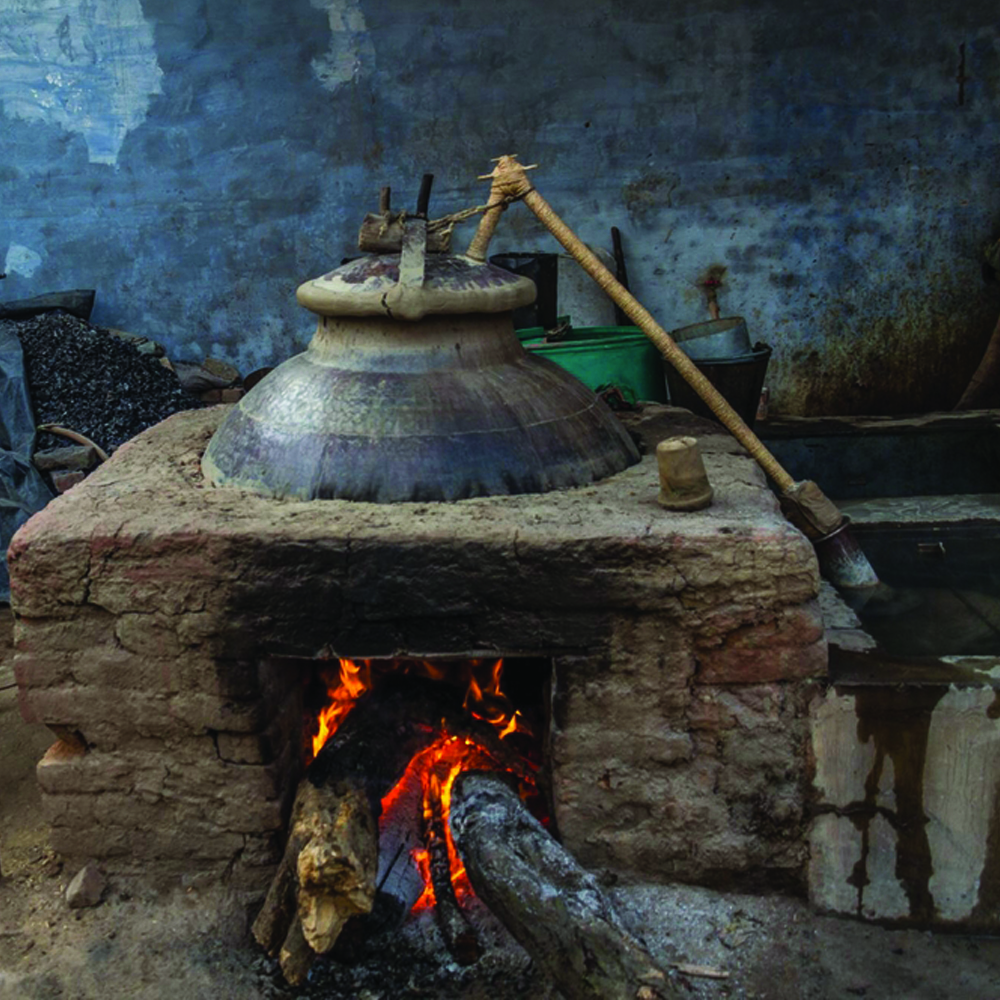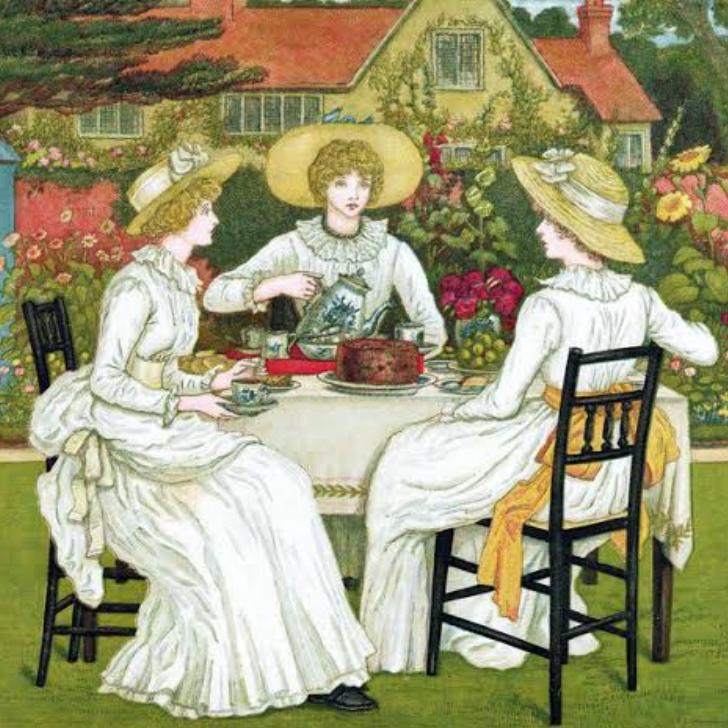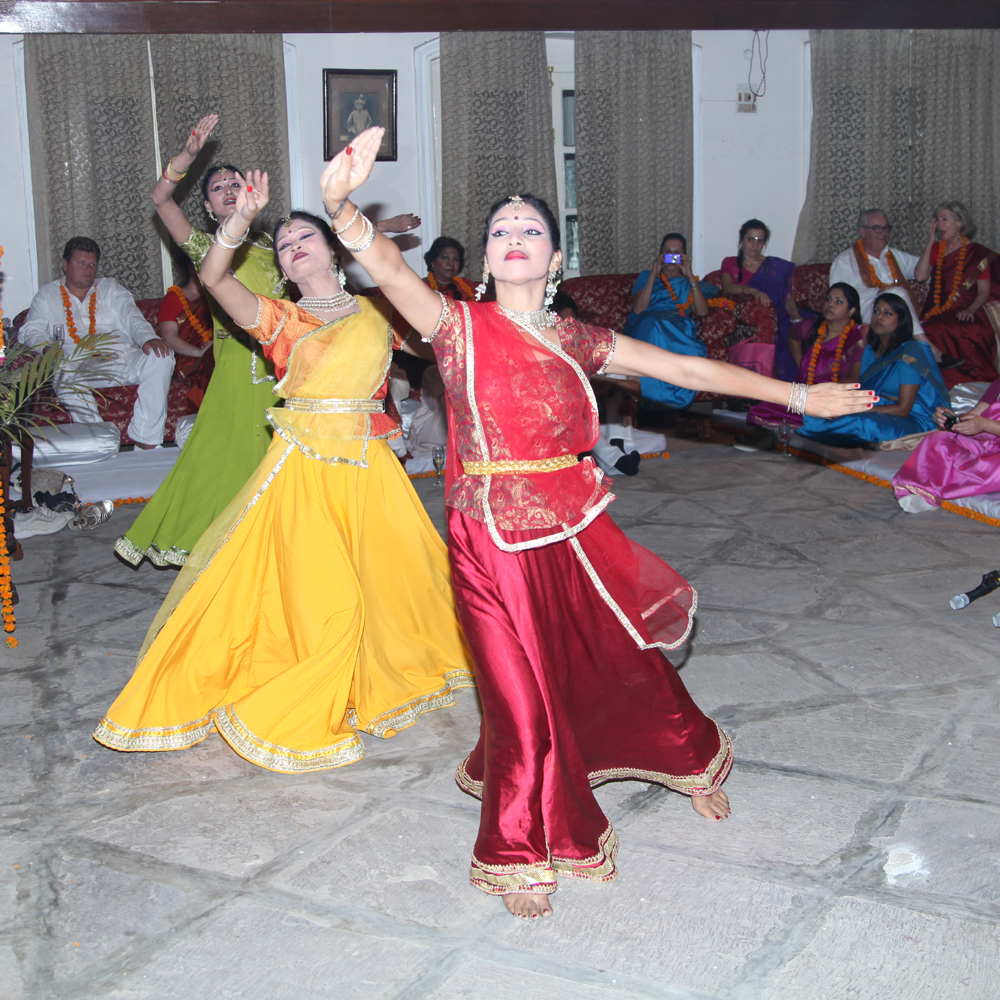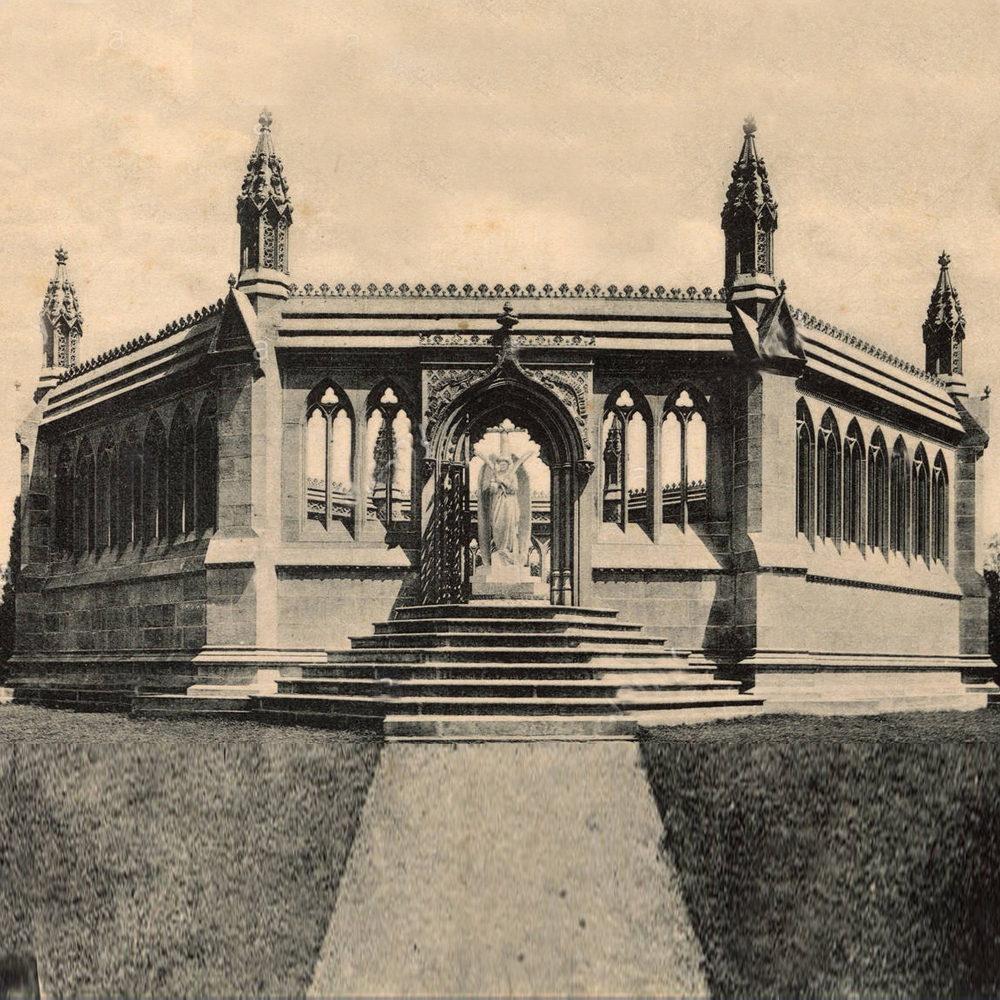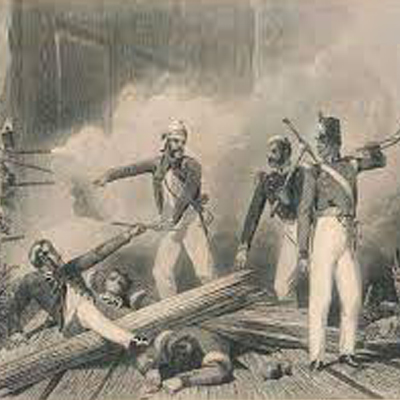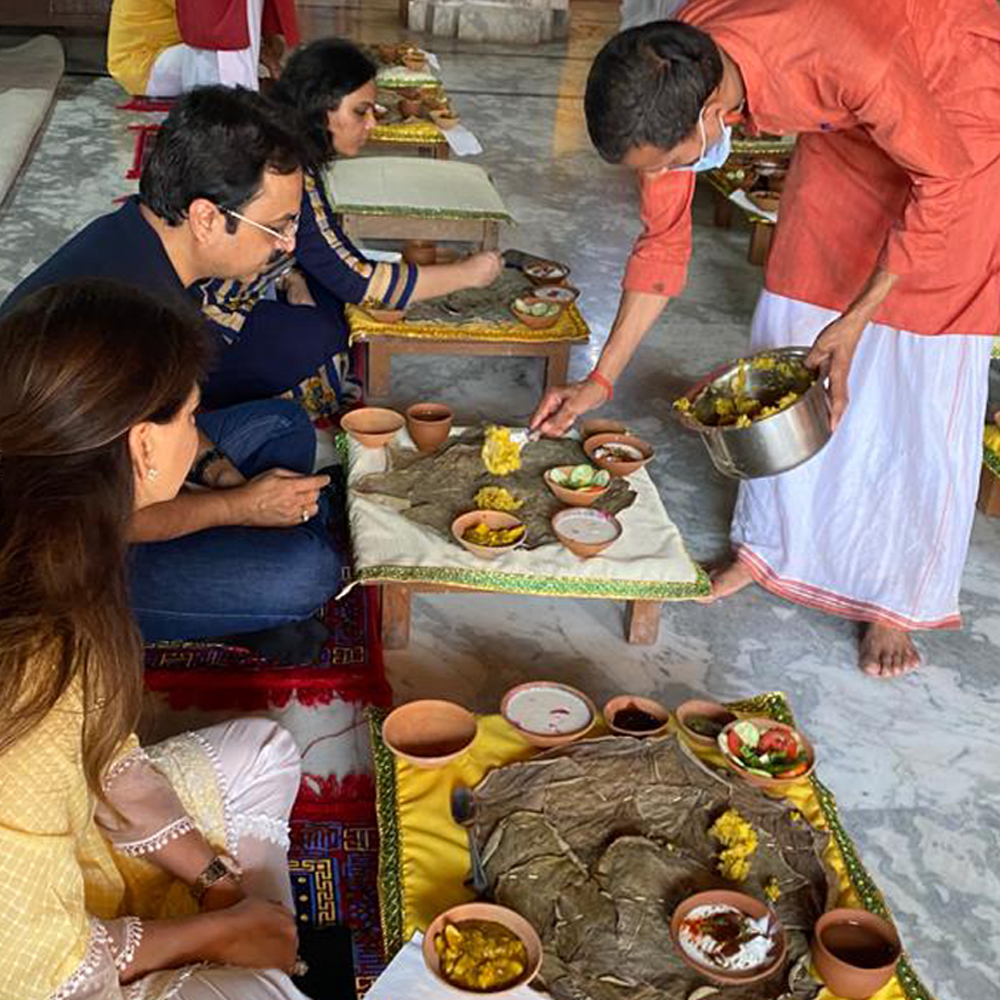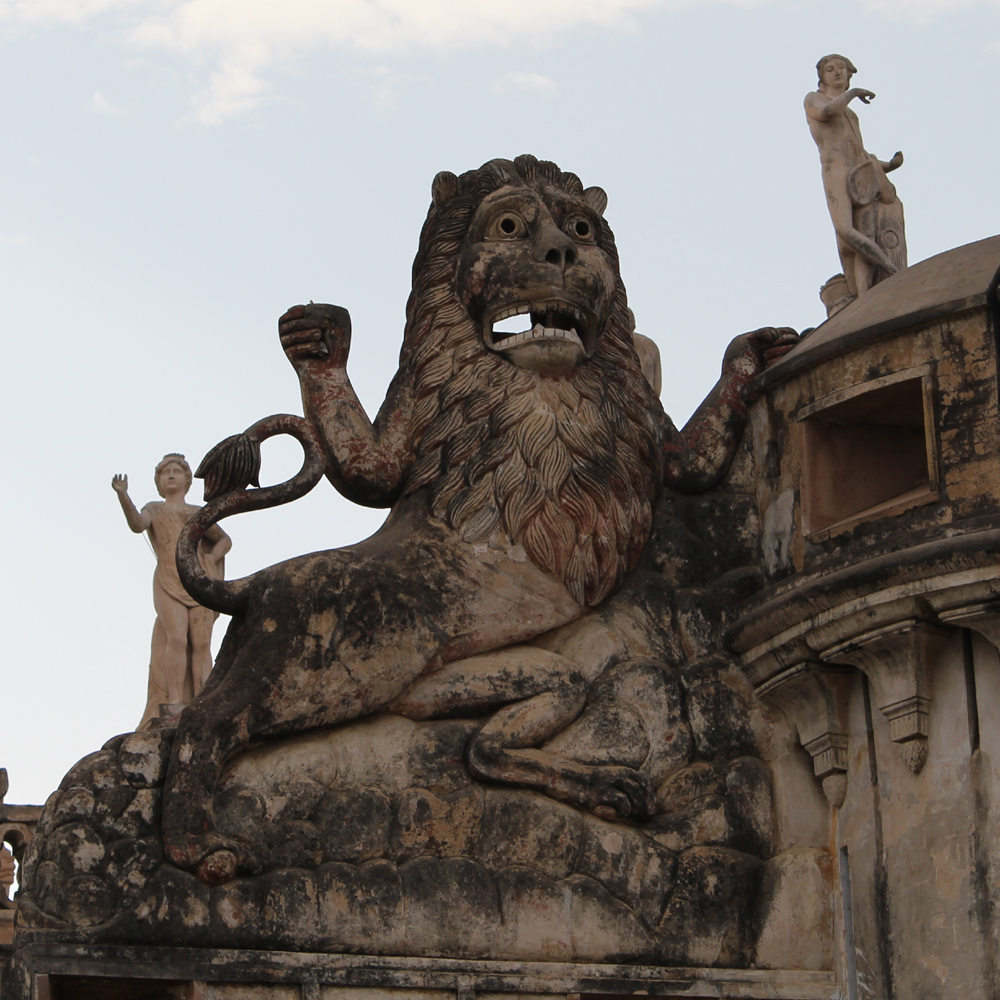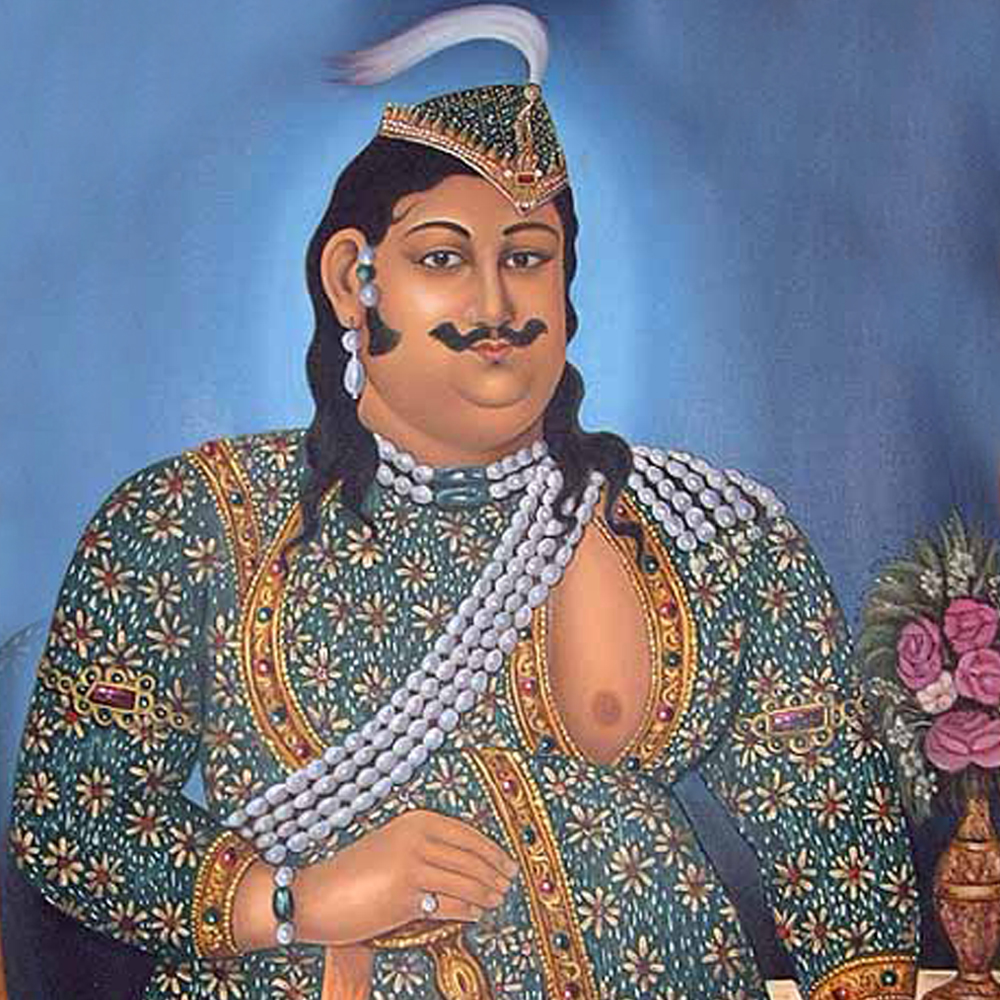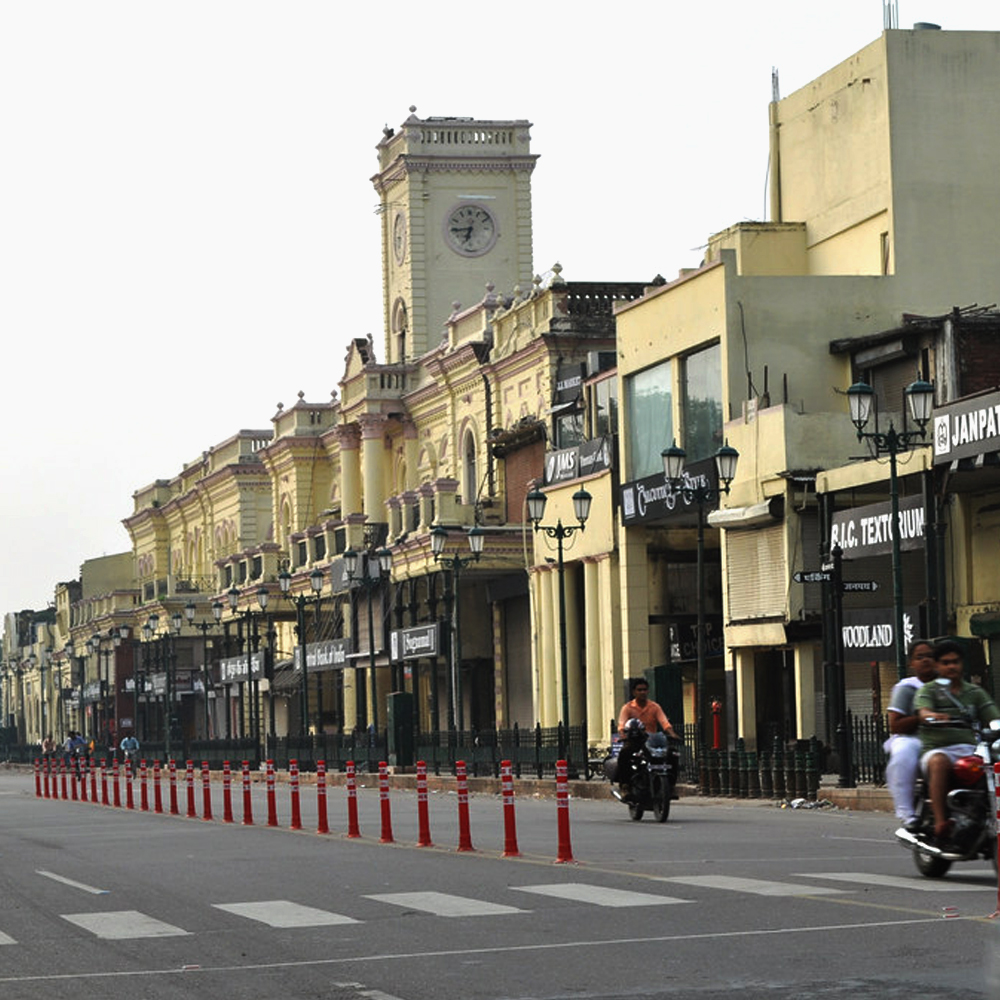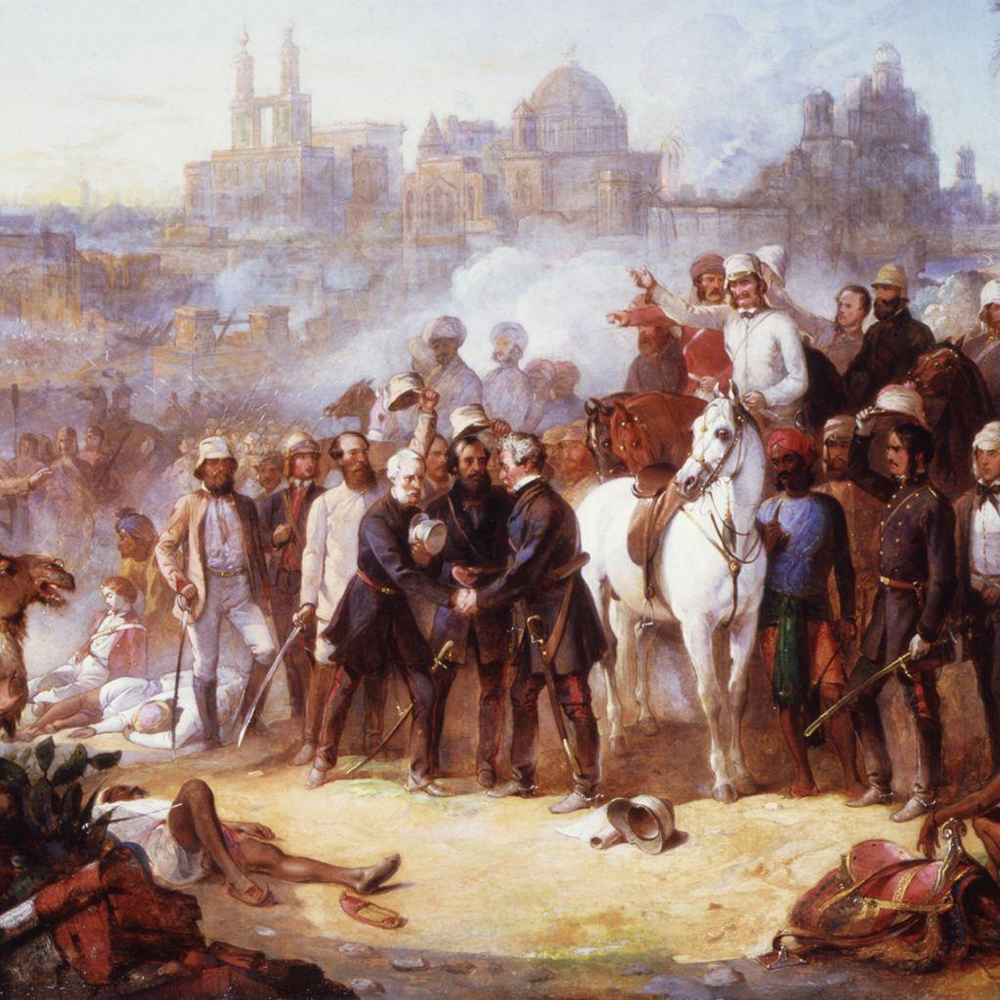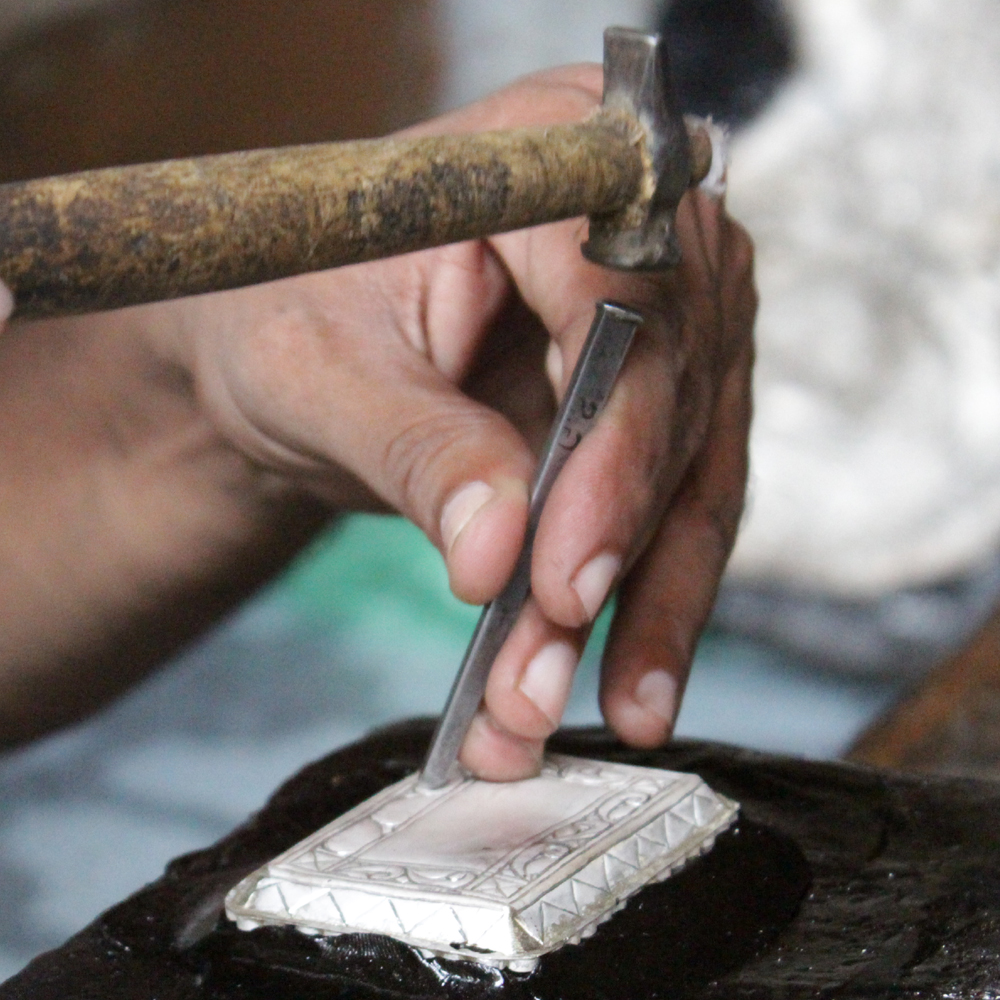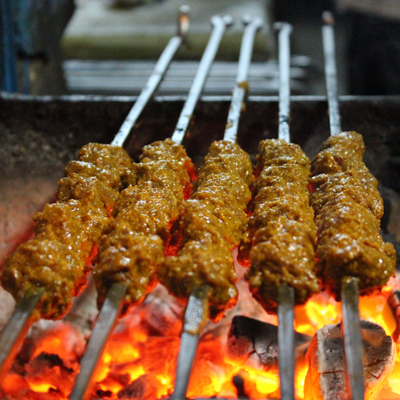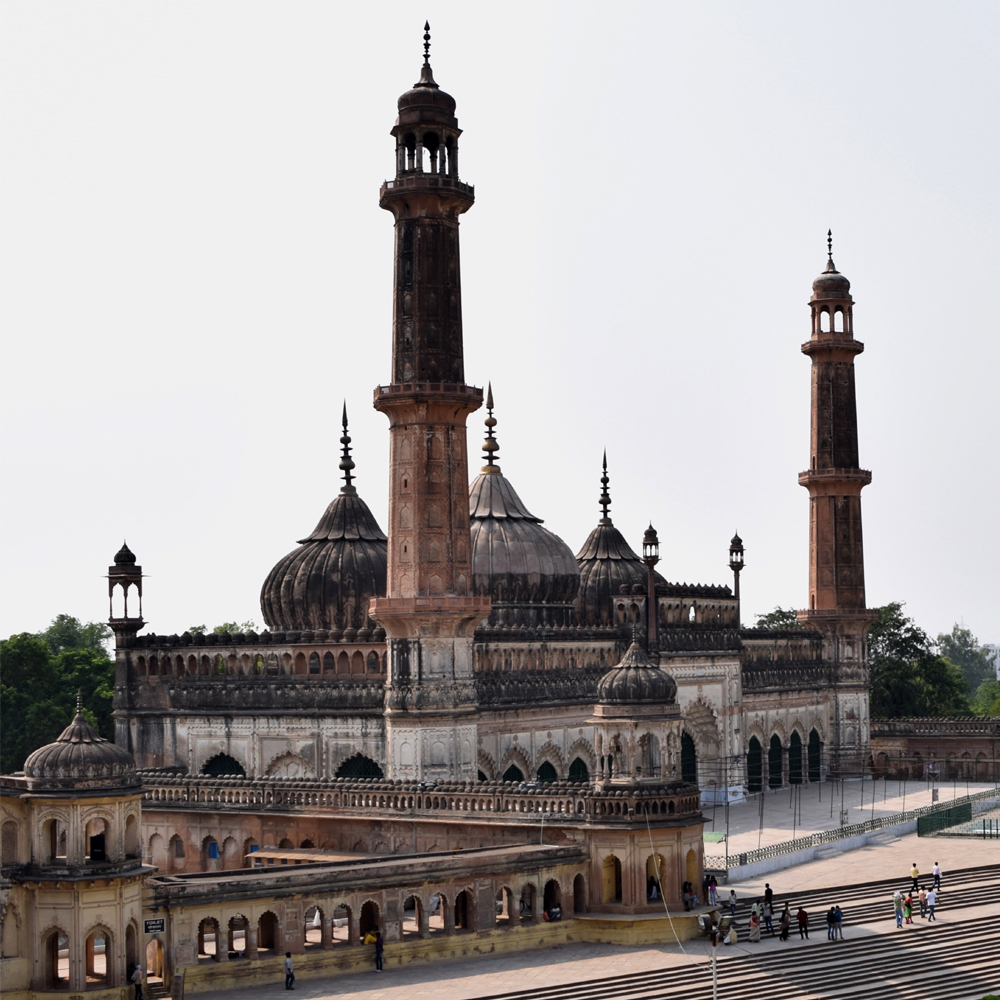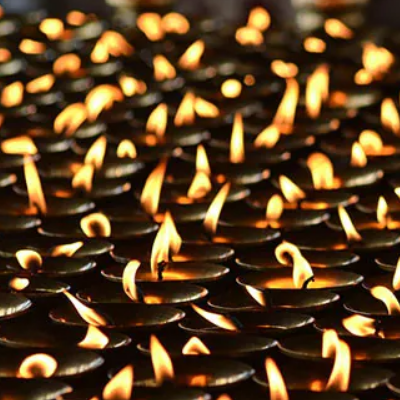Out of all the seasons, the arrival of spring is the time when everything around us seems to bloom at its best. The atmosphere around turns a little warm, refreshing & alive as the chilling winter fleets away. This season also serves as a perfect muse for every lover, poet & artiste. Going back in the time, we have found some profound tales from the epoch of the last Nawab of Awadh – Wajid Ali Shah, who was also a great romantic poet.

Nawab Wajid Ali Shah ascended the throne of Awadh in 1847 and was dethroned by the British in 1856.
The glorious reign of the 10th Nawab of Awadh is widely mentioned but not many people know deeply about his romantic outlook. Nawab Wajid Ali Shah is renowned for his secular approach and his interest in Hindu culture. In his quest to revisit the cult of Hindu traditions & mythology, Lord Krishna’s life fascinated him to an extent that he became his role model.
Nawab discovered within himself a quintessential image of romance as depicted by Lord Krishna. Following his passion for romance & love, he even set forth the Yogi Mela (Yogi meaning an ascetic or a Hindu Holy man), in July 1853 in the then Qaiserbagh courtyard. The fete was open to public.

Nawab Wajid Ali Shah celebrates Basant on banks of the Gomti
However, due to different accounts by different witnesses, the fete is also referred to as the Qaiserbagh Mela, the Royal Mela or Jogiya Jashan (Jogiya meaning a female servant of a Dev (the divine), or a young woman who has dedicated her life to worship & service of a deity). The Yogi Mela was organized in the Sawan month of Hindu calendar and was hence also named as the Sawan Mela.
The fete was marked by Nawab dressed up in the Yogi attire, a saffron robe and holding a rosary in hand, sauntering into the courtyard, accompanied by two alluring women or ‘paris’ dressed as Yoginis (female Yogi). His body and face would be smeared with ash of pearls. More men and women throw in to participate and a group of musicians join the rush. As the fete approaches its end, Nawab would recline with his Yoginis by the bank of a stream, gazing at the fireworks, surrounded with an excited crowd of men who cosseted him like a groom.
Nawab’s autobiography ‘Ishqnamah’ carries the description of his inspiration behind the Yogi Mela. He says, one day he was sitting under a Banana tree and reading his own love poetry. He got so overwhelmed by those words that he tore off his clothes like a Majnu (a Persian term used to denote someone madly in love).
In the same month was held a Basant Mela or the Spring Festival, to mark the onset of Basant (spring). The Mela was set out at River Gomti. Everyone irrespective of the caste and creed was welcomed to the Mela. People would come dressed in Yellow garments, as the colour Yellow is believed to be the colour of spring in Indian traditions. Not much of written account of this mela is available but is best depicted by a painting exhibited in Picture Gallery of Hussianabad.
Nawab’s generous nature as a ruler was a reflection of his profligate personality. Nevertheless, Wajid Ali Shah as a person was an enthusiast of poetry & arts, and an avid admirer of – beautiful women. As the legend says, even during his adolescence, Nawab showed interest in women by unhesitatingly picking beautiful women who had some flair of music and dance in them. He even had his own ‘Parikhana’ or ‘fairyland’ – a lavishly adorned palace & a music school where his begums took lessons in music & dance.
Nawab made use of the Parikhana to stage ‘Rahas’ in Lucknow, a morphed portrayal of Lord Krishna’s divine sport – raas leela. Nawab himself played the role of Lord Krishna and ‘paris’ played Gopis. The 36 types of Rahas by Nawab are contained in his book titled ‘Banee’. They all had graceful; names like – ‘Mor – chhatri, ‘Salami’, ‘Ghunghat’, ‘Mujra’ and ‘Mor Pankhi’ and were choreographed by him.
All this was quite strange and thus many stories revolve around Wajid Ali Shah’s aura of love & romance.
Even after the annexation of his Awadh Empire in 1856, Nawab Wajid Ali Shah’s passionate craving for music, dance & women stayed unabated. He kept alive the flame of his love for arts & beautiful women in Metiyaburj in Calcutta, where he was banished.
As evident – from 1861 onward, the Radha Kanahiya ka Kissa was performed regularly in Metiyaburj.
Sharar, who had observed the Nawab closely in Metiyaburj recounts that although he fell in love with hundred of beautiful or deprived women, but he married everyone of them and made them his rightful wives – either by Nikah or Muta (a form of marriage contract in Islam which is valid for a fixed period of time).
Sharar wrote that the Nawab was a cautious & pious person who did everything under the boundaries of religion. He refrained from eyeing on women who were not his legal wives either by Nikah or Muta. He also tells that Nawab never visited a prostitute in Calcutta nor did he ever go to see Mujra, dance performance by tawaifs (courtesans) in Lucknow.
Nawab Wajid Ali Shah was a ruler by clan but by heart he was a romanticist and his writings truly testify it. Here is a resplendent excerpt from his various love poetries –
Ulfat ne teri hum ko to rakkha na kahin ka,
Dariya ka na jangal ka sama ka na zamin ka.
– Wajid Ali Shah ‘Akhtar’
(I have been destroyed in your love, I am of no good to river, forest, sky or Earth.)



